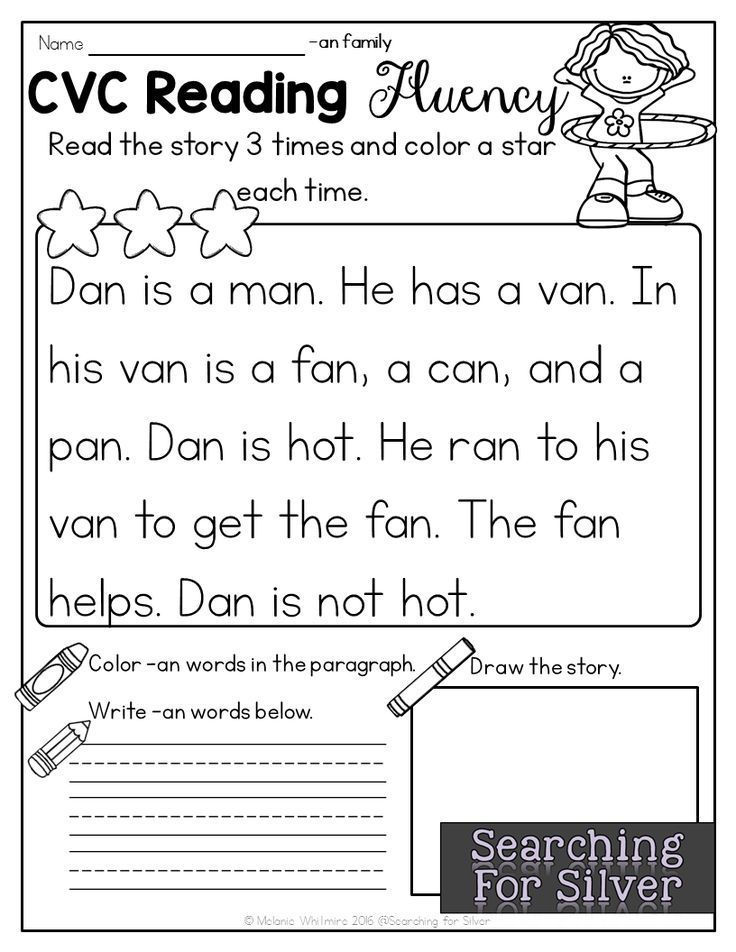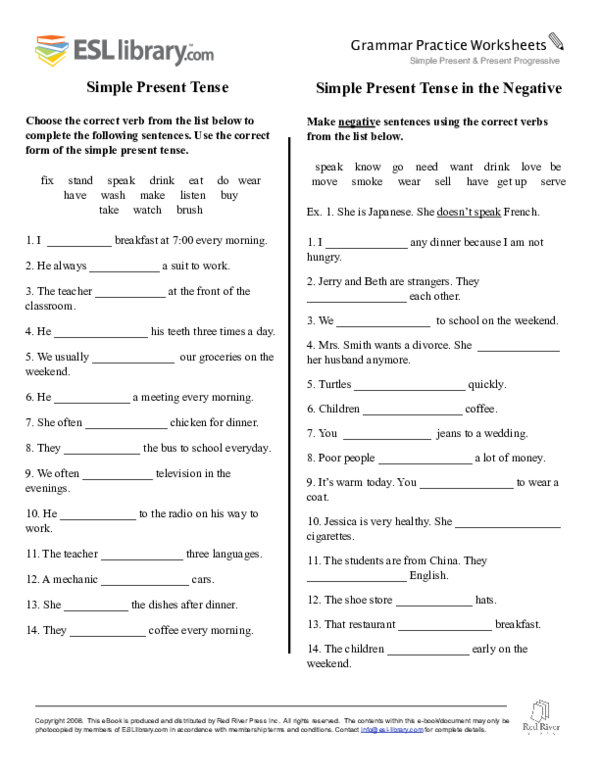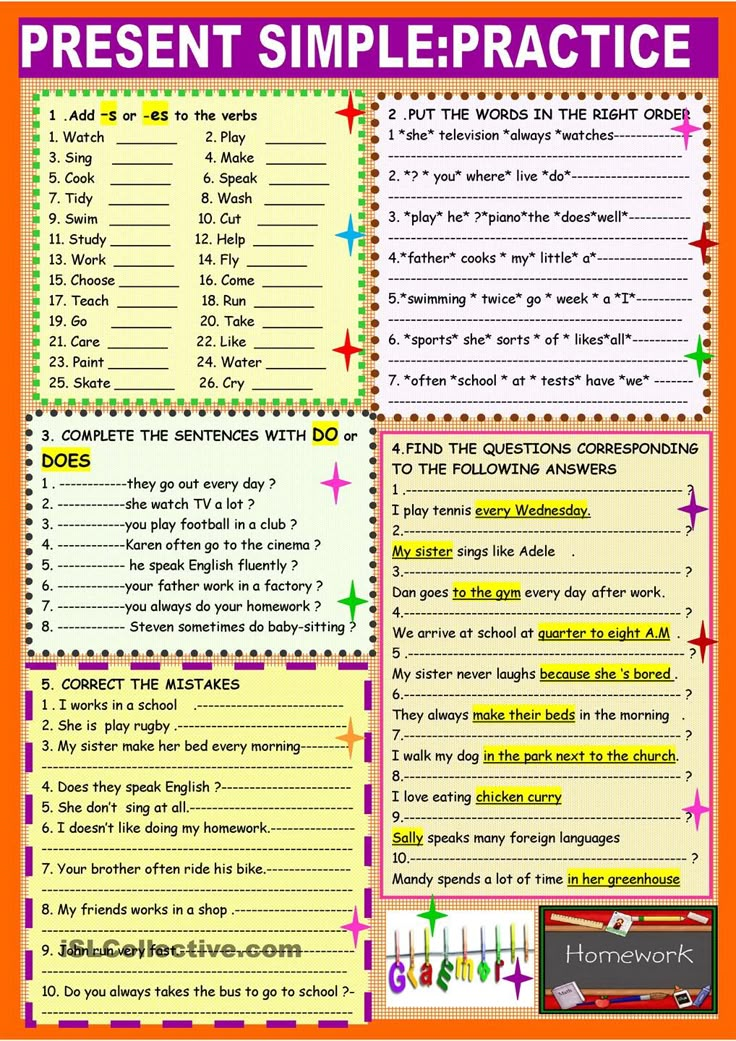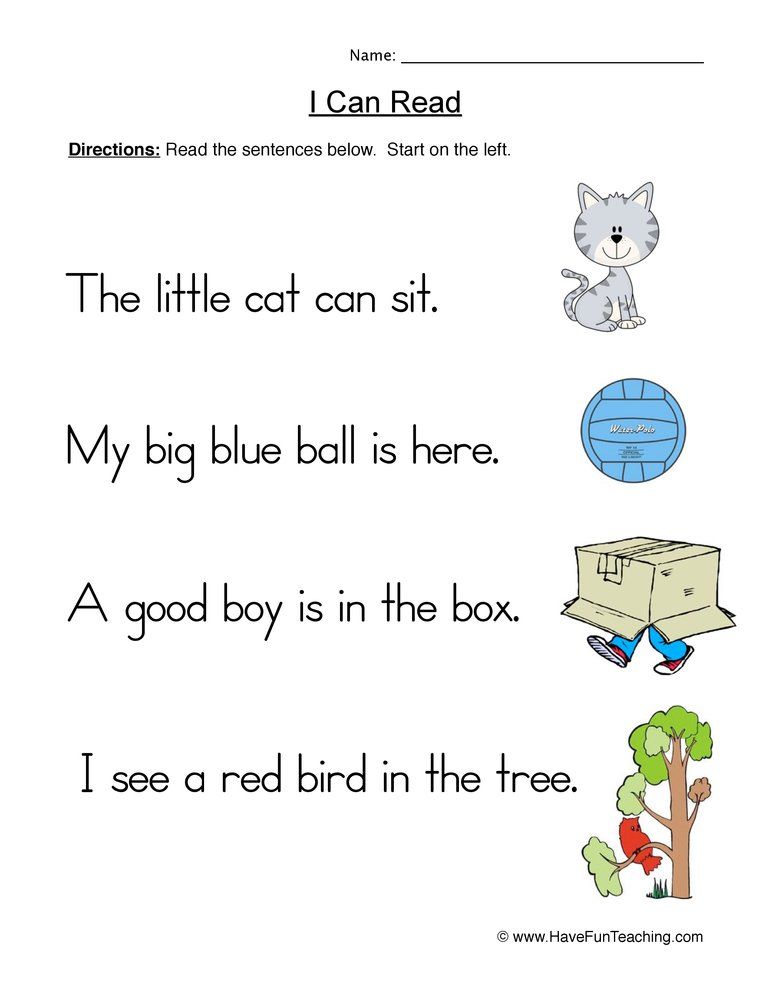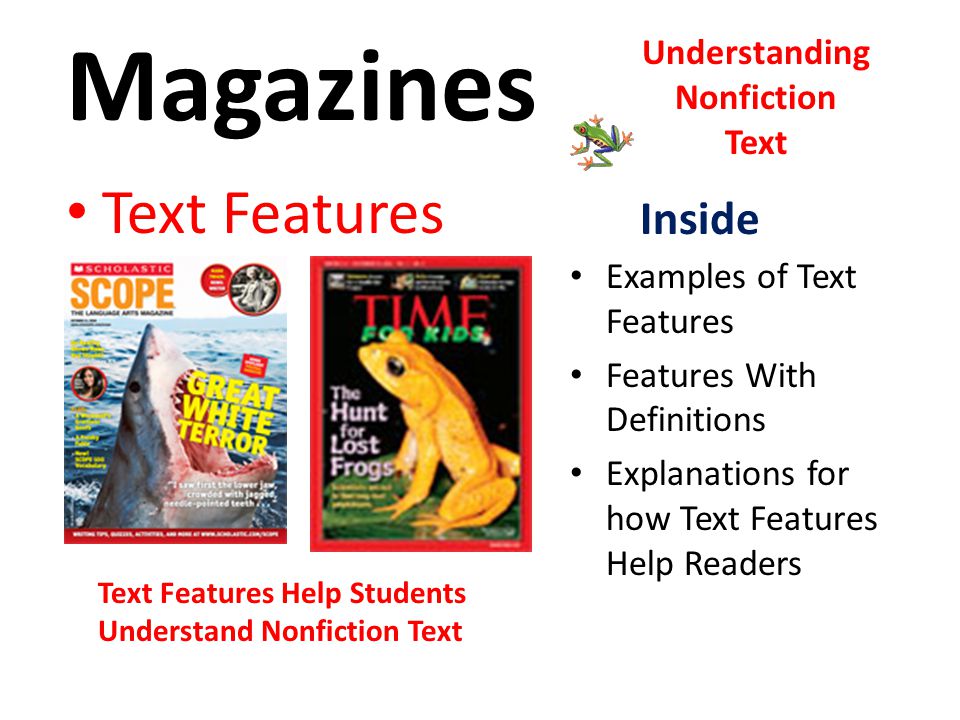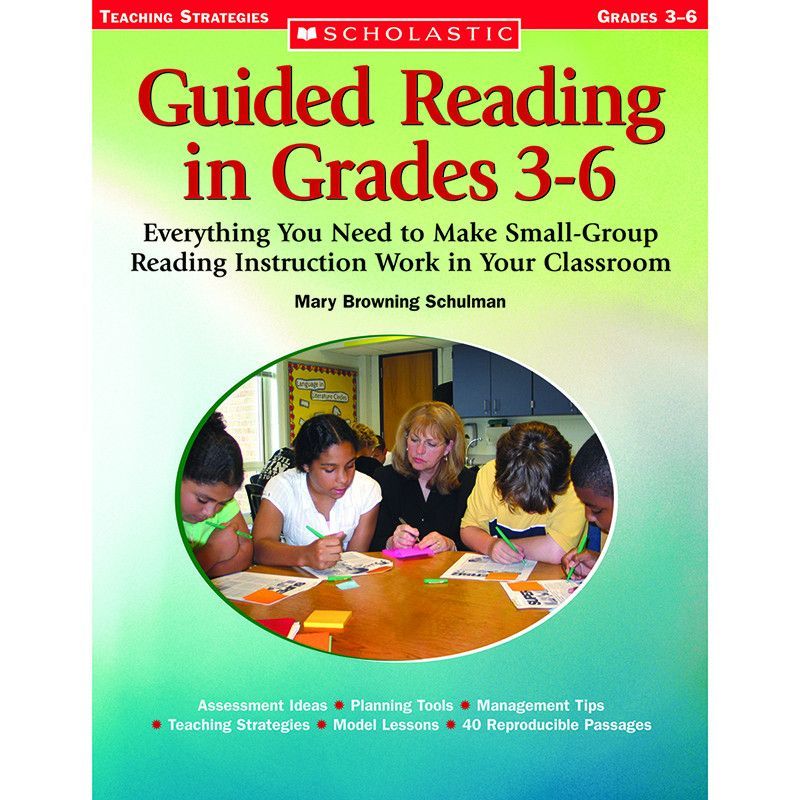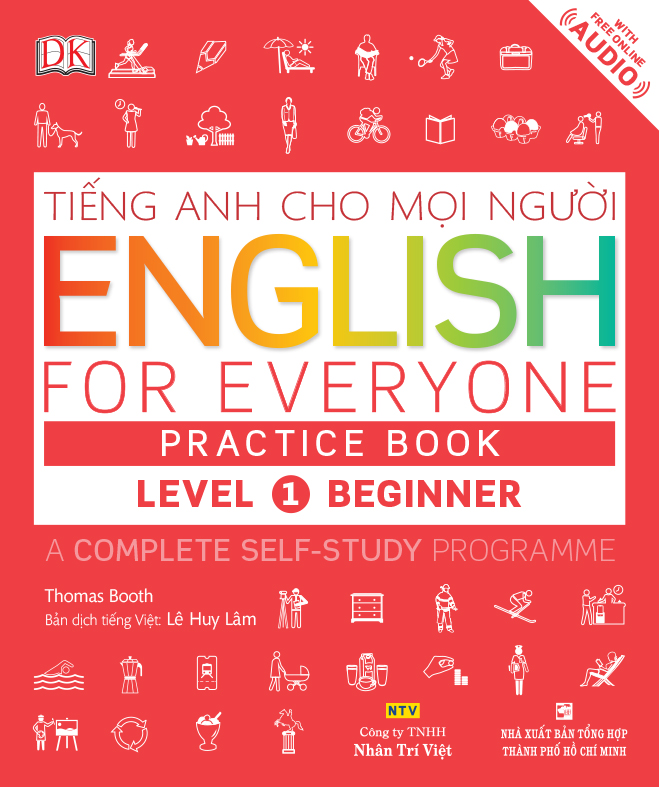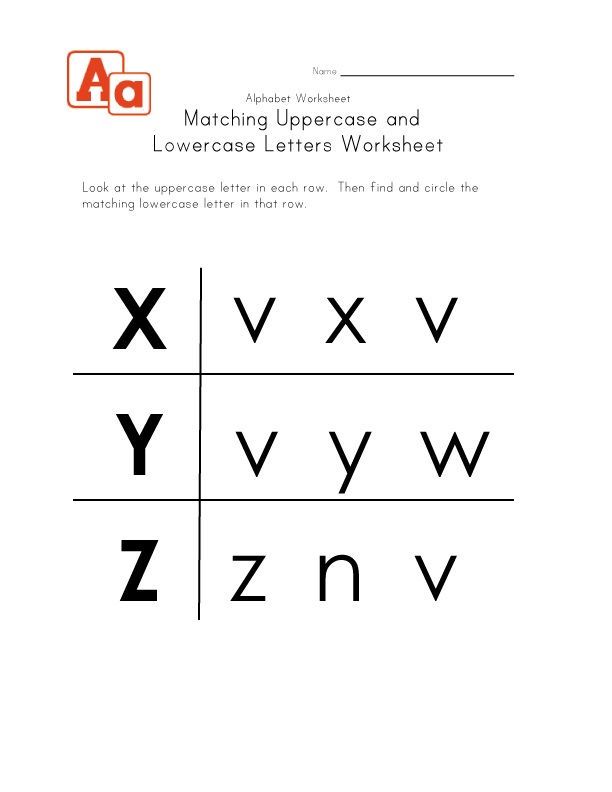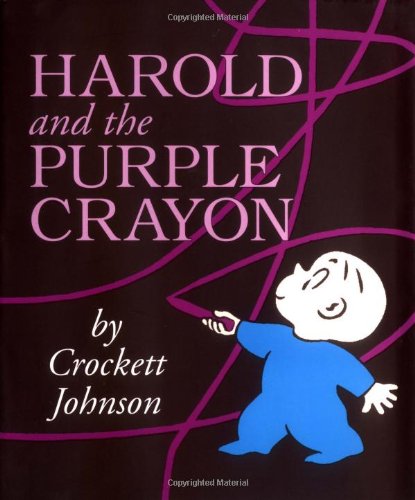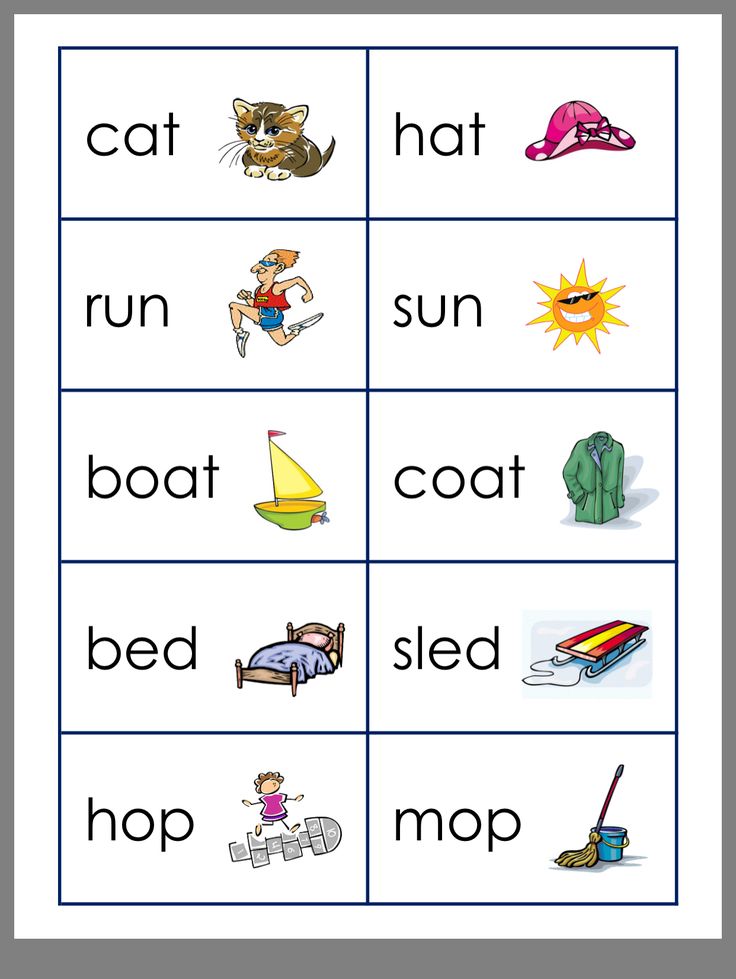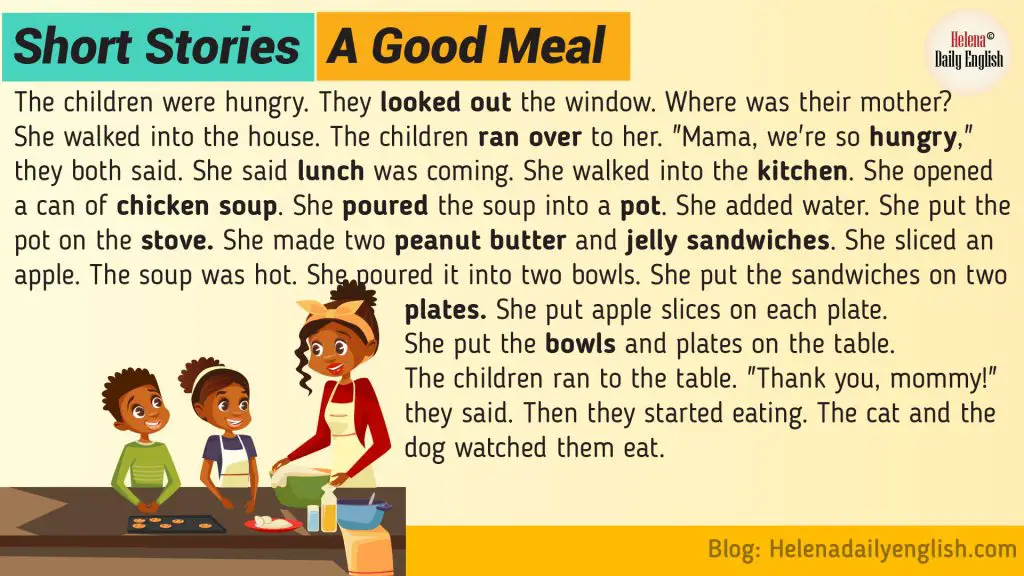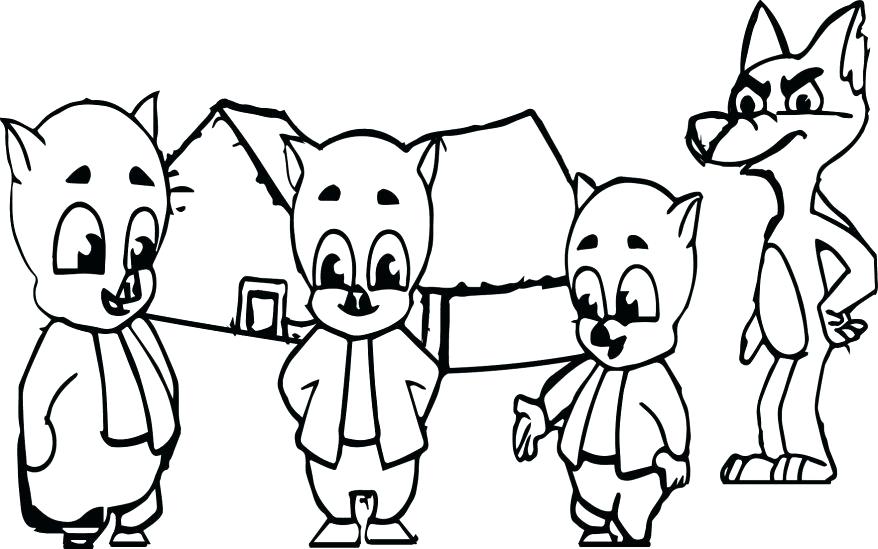Simple sentences practice
Simple Sentences: Definition, Examples, & Exercises
Do you remember the first time you learned how to write a sentence? Most of us are taught how to put three words together to make sentences in kindergarten: I like dogs. She eats cookies. Games are fun! Sound familiar? These three-word sentences are one of the most basic types of simple sentences, and they serve as a foundation to forming more complex sentences. However, simple sentences are not always as simple as three-word sentences.
In this post we’ll review what simple sentences are, the parts of a simple sentence, and different ways to create simple sentences.
Once you’re feeling confident, test yourself with a post-assessment quiz and practice with our high quality, standards-aligned questions here.
What We Review
The Basics of Simple SentencesWhat are Simple Sentences?
A simple sentence is a sentence containing only one clause, or more specifically, an independent clause, with a subject and a predicate.
A simple sentence is typically made up of a subject, verb, and object, or SVO, and creates a complete thought; however, since a simple predicate is a verb or verb phrase only, a simple sentence can also be made up of only a subject and verb (SV).
Subject + Verb + Object (SVO)
- Jessie ate dinner.
Subject + Verb (SV)
- Jessie ate.
Both of these examples are grammatically correct simple sentences, but including an object helps to clarify the full idea of the sentence.
Despite their name, simple sentences can include things that are not so simple. Let’s review the use of modifiers, compound subjects, and compound verbs/predicates in simple sentences.
Modifiers in Simple SentencesModifiers are words or phrases that can be included in simple sentences to add more detail. Let’s see how we can modify the simple sentence used above:
- Jessie ate dinner.
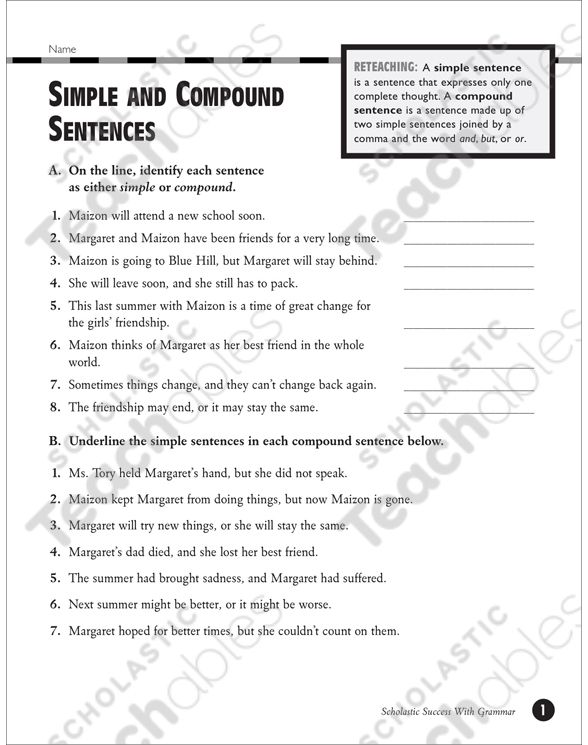
Adding Articles/Adjectives
- The hungry Jessie ate a large dinner.
Adding Adverbs
- The hungry Jessie quickly ate a very large dinner.
Adding a Prepositional Phrase
- The hungry Jessie quickly ate a very large dinner after a long day at work.
All of these examples still qualify as simple sentences, because they are all independent clauses that convey a complete thought.
Pro Tip: Ask yourself how the sentence is changed as a result of a modifier.
Compound Subjects in Simple SentencesCompound subjects are two or more nouns or pronouns sharing the same verb. They are joined using coordinate or correlative conjunctions.
Compound Subjects Using Coordinate Conjunctions
- Jessie and Jade ate dinner.
- Jessie or Jade ate dinner.
- Jessie, Jade, and Titus ate dinner.

Compound Subjects Using Correlative Conjunctions
- Both Jessie and Jade ate dinner.
- Neither Jessie nor Jade ate dinner.
Even with two or more simple subjects, these examples are independent clauses conveying a complete thought, so they are still simple sentences.
Compound Verbs/Predicates in Simple SentencesCompound verbs, or compound predicates, are two or more verbs/predicates that share the same subject. This may be written as simply as a subject performing multiple verbs (simple predicates) or, more elaborately, as a subject performing multiple complete predicates. The compound verbs/predicates are joined by a conjunction.
Compound Verbs/Simple Predicates
- Jessie cooked and ate dinner.
- Jessie rinsed and washed the dishes.
Compound Predicates
- Jessie ate dinner and washed the dishes.
- Jessie cooked dinner and rinsed the dishes
Again, these examples are all independent clauses conveying a complete thought.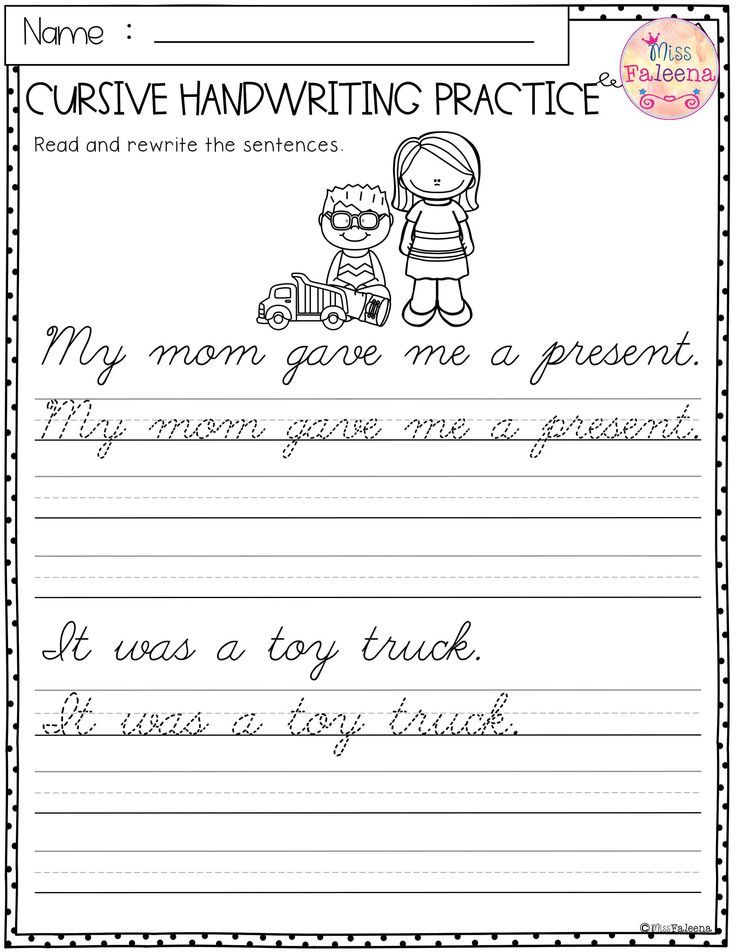 So even with multiple verbs, a sentence can be a simple sentence.
So even with multiple verbs, a sentence can be a simple sentence.
Check out our free grammar review library
Return to the Table of Contents
Tips for Using and Identifying Simple SentencesTip #1: Subject + Verb + Object (SVO) Simple Sentences Can be Arranged in Different Ways.
While a simple sentence is typically expected to contain a subject, verb, and object, this does not always mean that the subject will be the first thing we see in a sentence. When we place parts of the predicate at the beginning of the sentence or ask a question, the standard SVO arrangement of a simple sentence will vary.
Placing a Part of the Predicate Before the SubjectWhen the predicate, or verb + object portion of the sentence contains a prepositional phrase or adverb, they can appear at the beginning of the sentence followed by a comma. Check out the following examples to see sentences in both their standard forms and rearranged forms:
Prepositional Phrase:
- We completed our homework after school.
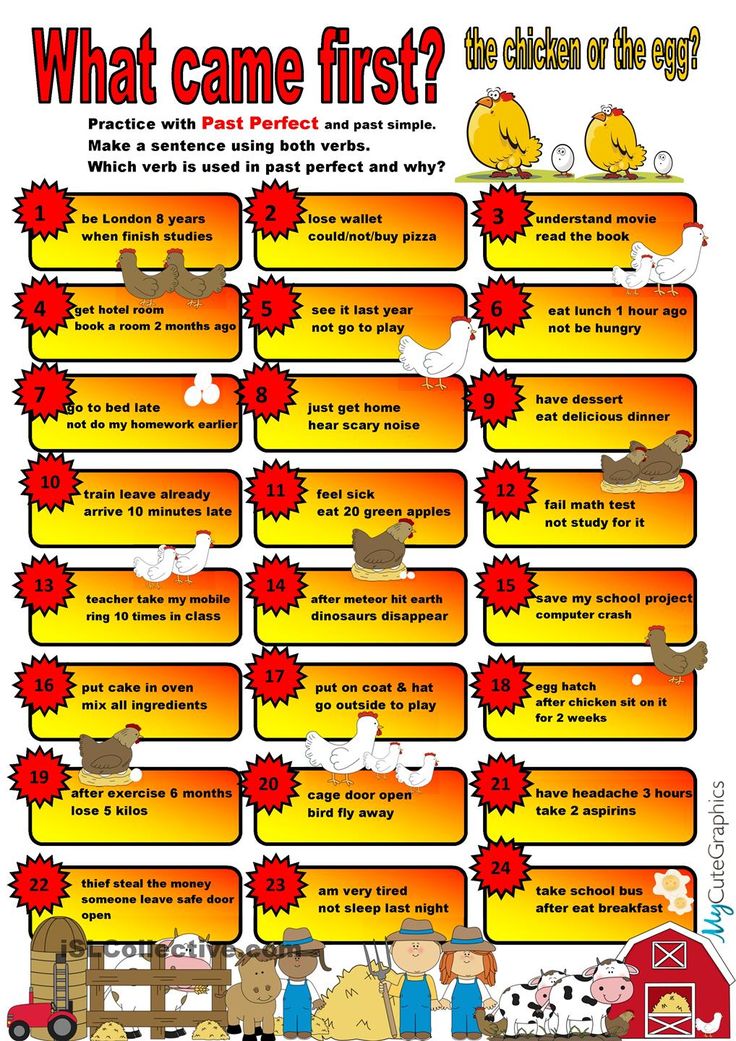
- After school, we completed our homework.
Adverb:
- I ran quickly to the store.
- Quickly, I ran to the store.
Asking a Question
Sentences that ask a question are called interrogative sentences, and they are often simple sentences. Some questions start with the main verb or part of the verb phrase. Look at the examples below to see the placement of the verb in both a question and the statement form of the question:
- Will it rain tomorrow?
- It will rain tomorrow.
- Has the race been postponed?
- The race has been postponed.
- Were you sick today?
- You were sick today.
Tip #2: Avoid using too many basic simple sentences in your writing.
Remember, basic simple sentences are the first type of sentence we learn how to write. So it’s probably safe to assume that filling our writing with three or four word sentences is not the best idea. Too many simple sentences close together can sound choppy and disconnected.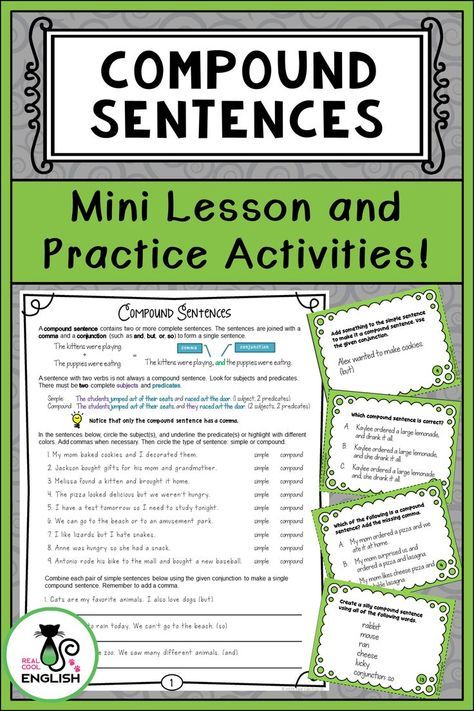 Always revise your work to see where simple sentences can be edited to create more sophisticated writing.
Always revise your work to see where simple sentences can be edited to create more sophisticated writing.
If you have a string of very basic simple sentences in your writing, you can probably combine some of those sentences into compound sentences.
Choppy:
- He loves baseball. He first played little league baseball. He joined the baseball team in middle school.
Revised:
- He loves baseball and played little league before joining the baseball team in middle school.
Tip #3: Add more detail.
There’s nothing wrong with using simple sentences in your writing, but you can (and should) use modifiers to enhance simple sentences when possible.
Basic Simple Sentence:
- I visited Chichén Itzá.
Revised:
- On my vacation to Mexico, I visited the ancient Mayan ruins of Chichén Itzá.
Start practicing on Albert now!
Return to the Table of Contents
Applying the Basics: Simple Sentences Review & PracticeNow that you understand what simple sentences are, and how to use them properly in your writing, let’s practice identifying them.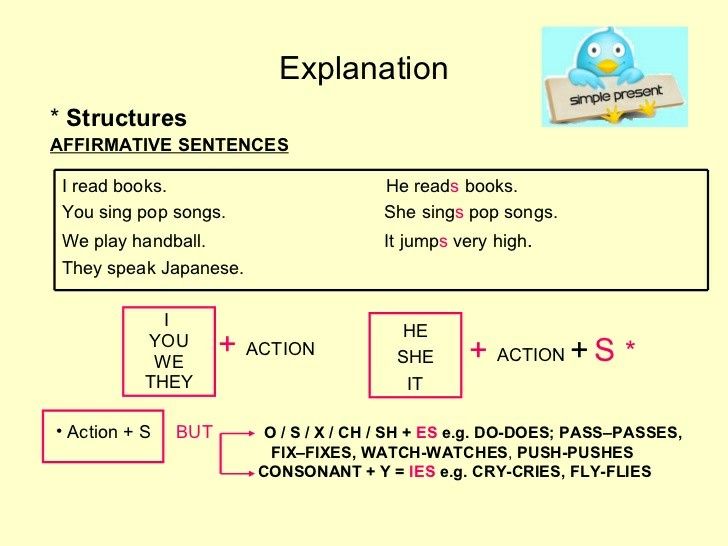 Remember, a simple sentence is a sentence that contains one independent clause, or one complete thought.
Remember, a simple sentence is a sentence that contains one independent clause, or one complete thought.
Simple Sentences Exercises & Review
Complete the quick exercise below to assess your mastery of simple sentences.
Determine if the sentence is a simple sentence or not.
1. I finally received my passport for our trip overseas.
- Simple Sentence
2. Last week, she told the funniest joke in the middle of the meeting.
- Simple Sentence
3. Tim went to the store, and he bought a new laptop for school.
- Not a Simple Sentence
4. Julie and Paige went to the amusement park and rode a rollercoaster.
- Simple Sentence
5. I was exhausted after working all day.
- Not a Simple Sentence
For additional practice, check out the Simple Sentences content on Albert.
Check out our free grammar review library
Return to the Table of Contents
Try for Yourself: Simple Sentences QuizFeeling confident in your understanding of Simple Sentences?
Take this short quiz to see what you’ve learned:
Start the quiz
1.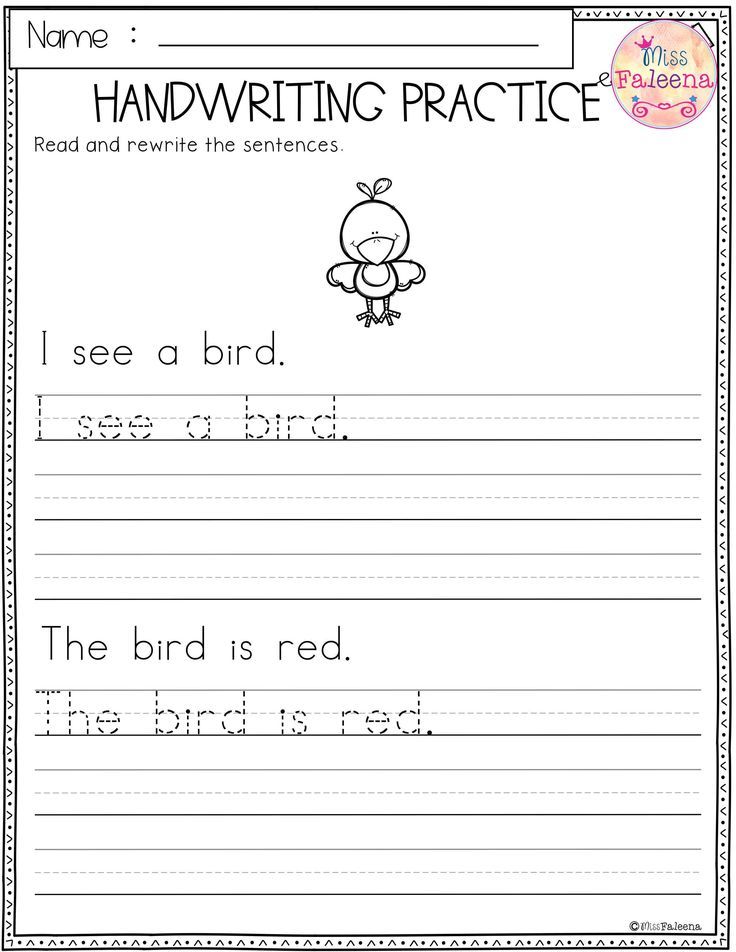 Can a simple sentence have more than one subject?
Can a simple sentence have more than one subject?
- Answer: Yes
- Correct Explanation: That’s right! A simple sentence can have more than one subject, or a compound subject, if they are sharing the same verb. The subjects are joined using coordinate or correlative conjunctions.
- Incorrect Explanation: Sorry, that’s not right. A simple sentence can have more than one subject, or a compound subject, if they are sharing the same verb. The subjects are joined using coordinate or correlative conjunctions.
2. Can a simple sentence be a single dependent clause?
- Answer: No
- Correct Explanation: That’s right! A simple sentence must be a single independent clause in order to be a simple sentence. It is a complete thought and can stand alone. A dependent clause cannot stand alone as a complete thought.
- Incorrect Explanation: Sorry, that’s not right. A dependent clause cannot stand alone as a complete thought.
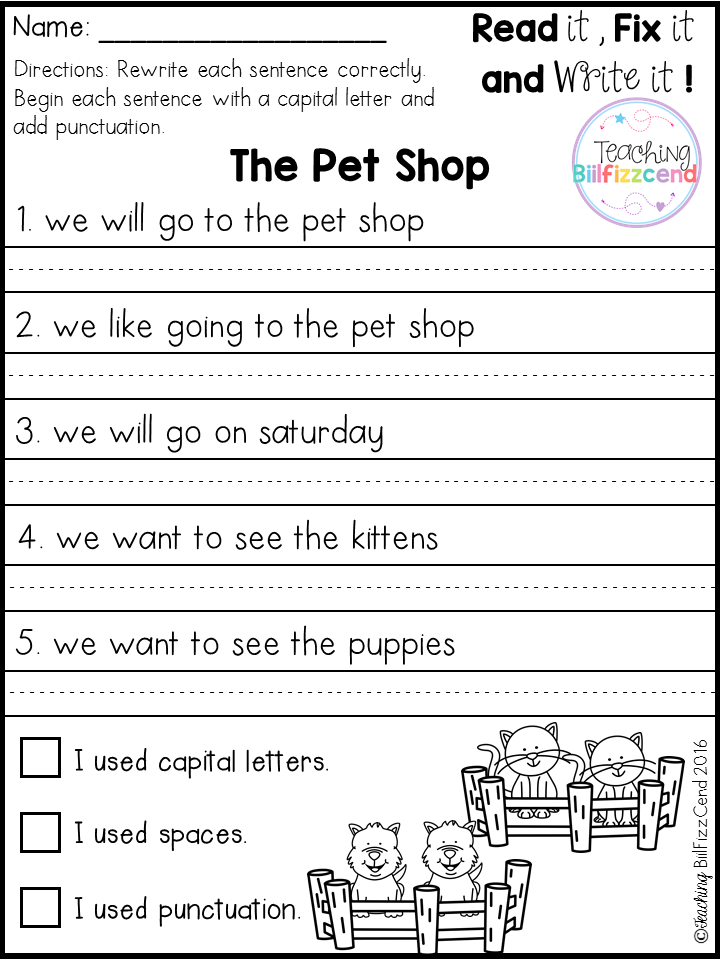 A simple sentence must be a single independent clause in order to be a simple sentence. It is a complete thought and can stand alone.
A simple sentence must be a single independent clause in order to be a simple sentence. It is a complete thought and can stand alone.
3. Can a simple sentence have more than one verb?
- Answer: Yes
- Correct Explanation: That’s right! A simple sentence can have more than one verb (compound verb/simple predicate) or more than one complete predicate (compound predicate) if they share the same subject. They are combined using a conjunction.
- Incorrect Explanation: Sorry, that’s not right. A simple sentence can have more than one verb (compound verb/simple predicate) or more than one complete predicate (compound predicate) if they share the same subject. They are combined using a conjunction.
4. Does a simple sentence always start with the subject?
- Answer: No
- Correct Explanation: That’s right! A simple sentence can start with part of the predicate. This might be a prepositional phrase, and adverb, or a question.
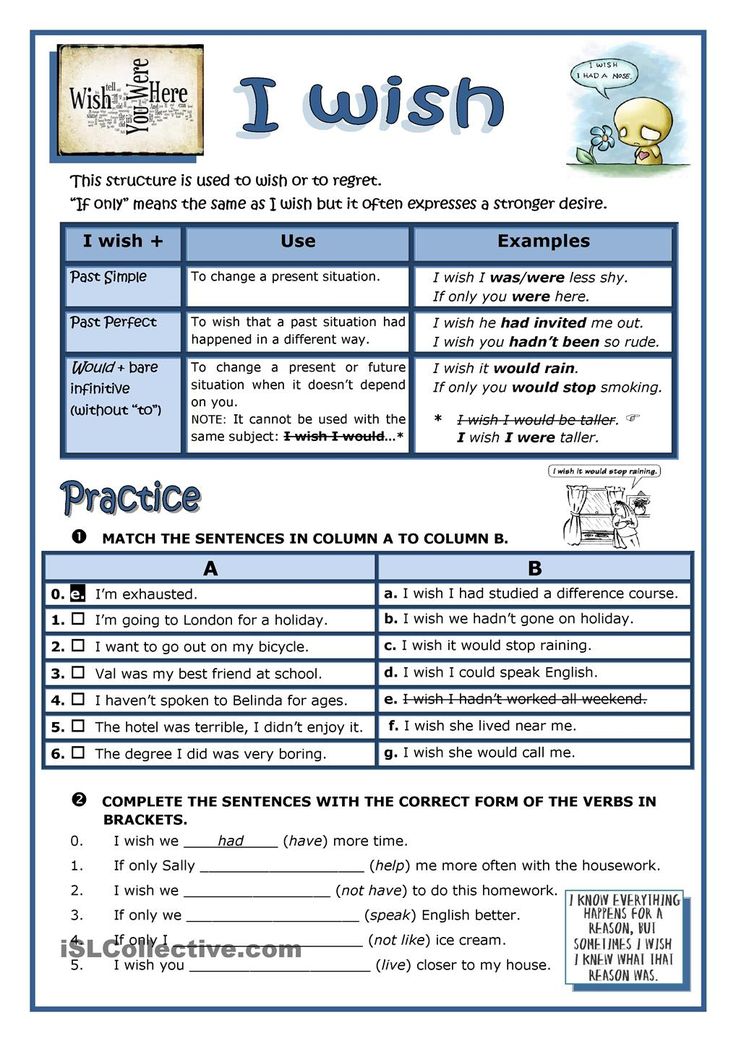
- Incorrect Explanation: Sorry, that’s not right. A simple sentence can start with part of the predicate. This might be a prepositional phrase, and adverb, or a question.
5. Is the following example a simple sentence?
After eating breakfast, Hayley went to dance practice, and she prepared for her performance.
- Answer: No
- Correct Explanation: That’s right! A simple sentence can have more than one predicate when that predicate shares the same subject. In this sentence, there are two independent clauses: After eating breakfast, Hayley went to dance practice. She prepared for her performance.
- Incorrect Explanation: Sorry, that’s not right. A simple sentence can have more than one predicate when that predicate shares the same subject. In this sentence, there are two independent clauses: After eating breakfast, Hayley went to dance practice. She prepared for her performance.
6. Is the following example a simple sentence?
Jim and Amy thoroughly cleared out the basement and hired contractors for a remodel.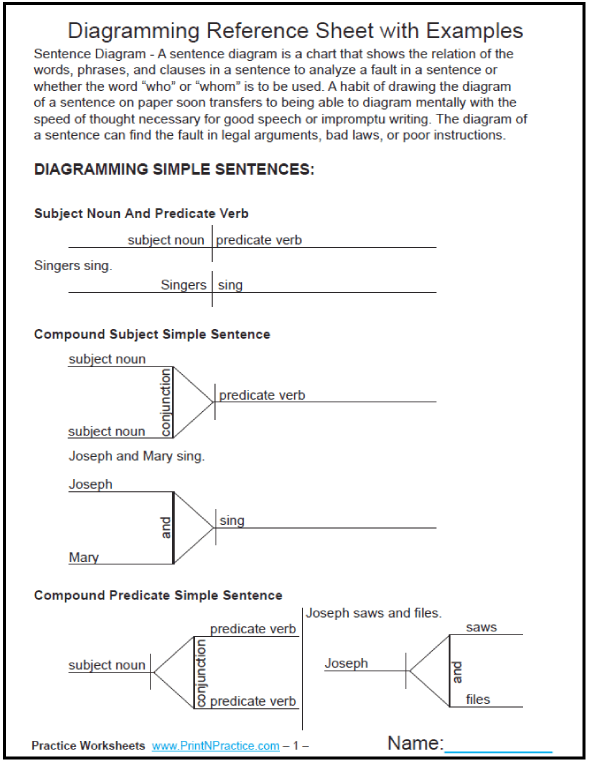
- Answer: Yes
- Correct Explanation: That’s right! A simple sentence can have compound subjects and compound predicates as long as they form one complete thought. The subjects share the predicates, and the predicates share the subjects. In this case, the compound subject “Jim and Amy” share the compound predicates “thoroughly cleared out the basement” and “hired contractors for a remodel.”
- Incorrect Explanation: Sorry, that’s not right. A simple sentence can have compound subjects and compound predicates as long as they form one complete thought. The subjects share the predicates, and the predicates share the subjects. In this case, the compound subject “Jim and Amy” share the compound predicates “thoroughly cleared out the basement” and “hired contractors for a remodel.”
For additional practice with simple sentences, check out our completely free practice on Albert.io: Simple Sentences.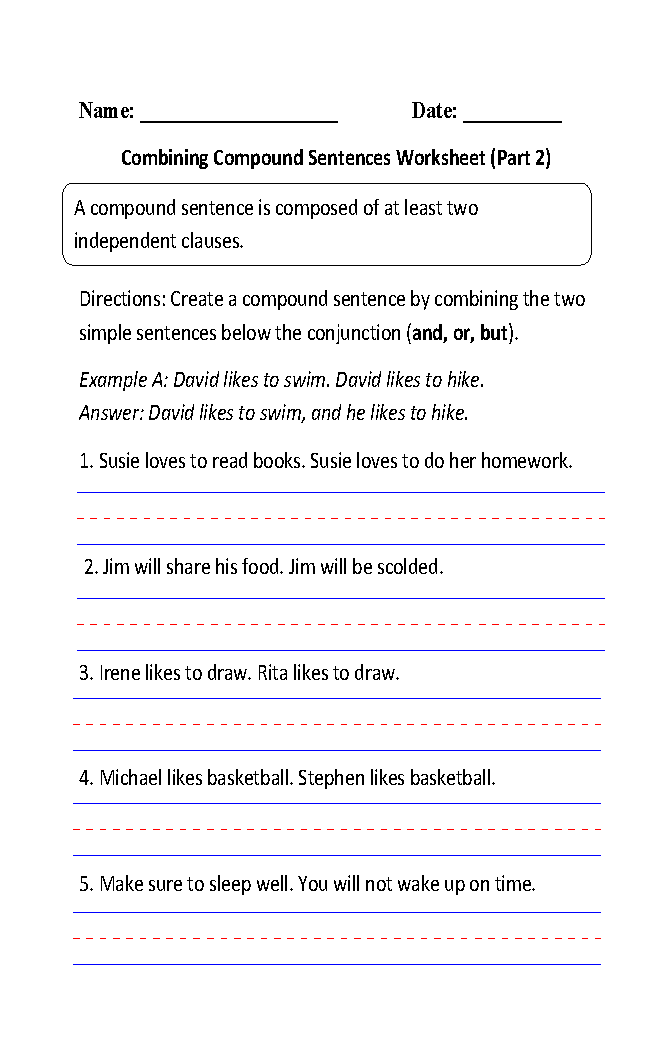
Start practicing on Albert now!
Return to the Table of Contents
Teacher’s Corner for Simple SentencesWhile it’s true that simple sentences are a foundational grammar skill, the Common Core English Language Progressive Skills Chart shows that even elementary-level skills “require continued attention in higher grades as they are applied to increasingly sophisticated writing and speaking.”
For specific standards addressing simple sentences, check out the Common Core State Standards site!
Albert’s grammar course is 100% free, and the Simple Sentences practices can be used for much more than homework!
Our assessments can be used as pre-and post-tests to measure student progress. Our pre-made quizzes can be used as bell-ringers, exit tickets, and more!
In addition to our pre-made assessments, you can also use our assignments feature to create your own quizzes and assessments.
Summary on Simple SentencesSimple sentences are sentences containing one independent clause, with a subject and a predicate.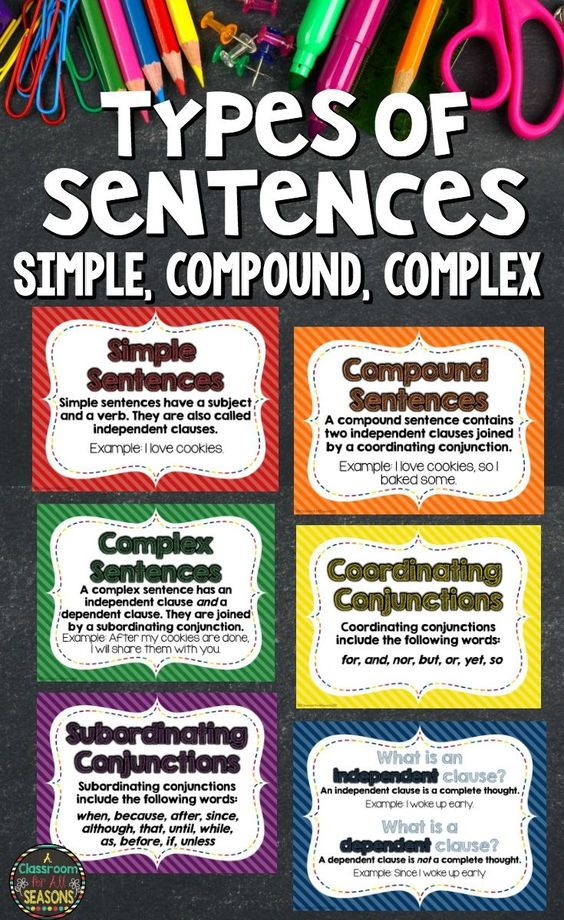
Modifiers, compound subjects, and compound verbs/predicates can be used in simple sentences.
The standard arrangement of a simple sentence is subject + verb + object, or SVO order. This can vary by arranging parts of the predicate before the subject.
Practice makes perfect! Use our Simple Sentences practice on Albert’s completely free grammar course!
Check out our free grammar review library
Need help preparing for your Grammar exam?
Albert has hundreds of grammar practice questions with detailed explanations to help you master concepts.
Start practicing on Albert now!
Interested in a school license?
Bring Albert to your school and empower all teachers with the world's best question bank for:
➜ SAT® & ACT®
➜ AP®
➜ ELA, Math, Science, & Social Studies
➜ State assessments
Options for teachers, schools, and districts.
EXPLORE OPTIONS
37 Simple Sentence Examples and Worksheet
If you're confused about what makes a sentence simple, these 37 simple sentence examples will help clear things up.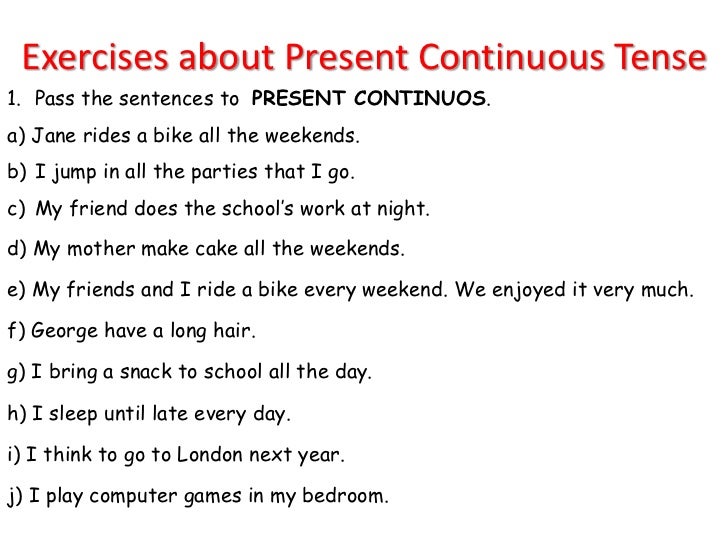 This type of sentence can have only one independent clause. It can be long or short, but the basic structure is always the same. There are several types of simple sentences. Read over each type below and use the worksheet to help you practice writing your own simple sentences.
This type of sentence can have only one independent clause. It can be long or short, but the basic structure is always the same. There are several types of simple sentences. Read over each type below and use the worksheet to help you practice writing your own simple sentences.
37 Simple Sentence Examples and Worksheet
Advertisement
One Subject and One Verb
Simple sentences have one subject and one verb or predicate. Some of these have a direct object or a modifier, but they still only have one subject and one verb. If you need to brush up on these parts of speech, read up on Understanding Subjects, Predicates, and Objects. The following examples show how this works:
- The cat stretched.
- Jacob stood on his tiptoes.
- The car turned the corner.
- Kelly twirled in circles.
- She opened the door.
- Aaron made a picture.
- I'm sorry.
- I danced.
View & Download PDF
Examples With an Implied Subject
Some simple sentences have a single subject and verb, but the subject isn't stated in the sentence.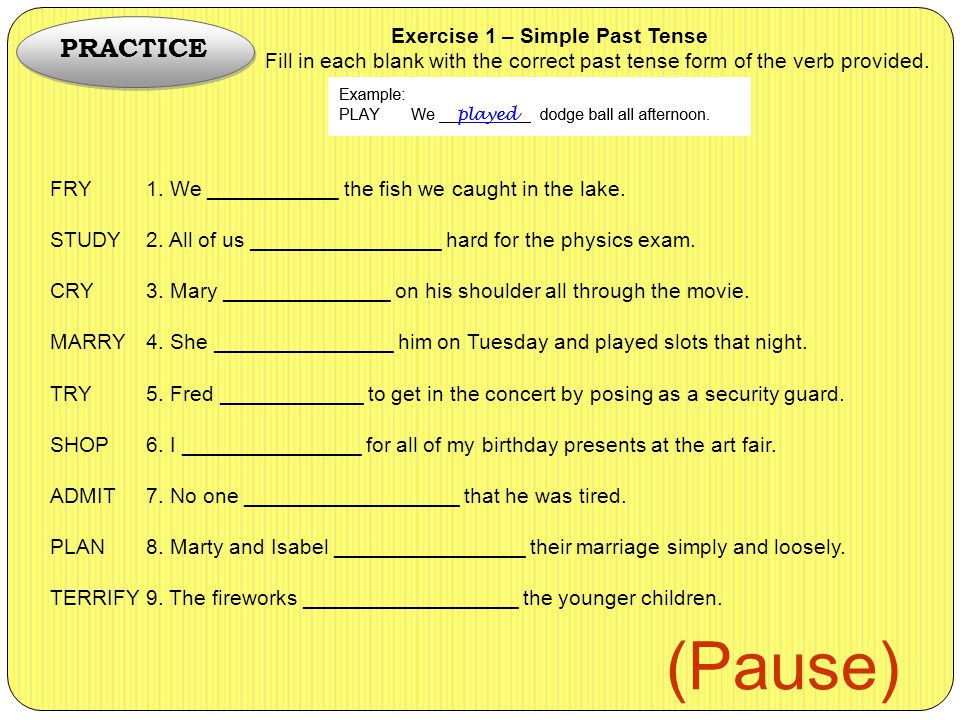 Instead, the reader knows who the subject is from context. You'll notice that many of these short examples are imperative sentences with an implied subject of "you":
Instead, the reader knows who the subject is from context. You'll notice that many of these short examples are imperative sentences with an implied subject of "you":
- Run!
- Open the jar carefully.
- Read the directions.
- Don't cry.
- Use common sense.
- Make the best of things.
- Catch up!
These sentences have just one independent clause. Refresh your memory about the difference between independent and dependent clauses if you need clarification.
Advertisement
Compound Subject and One Verb
You'll also see simple sentences with a compound subject and one verb. In this case, the subjects are joined by a conjunction like "and" and are all performing the action described in the verb. There may be modifiers and direct objects here as well, as you'll see in some of these examples:
- Sarah and Ira drove to the store.
- Jenny and I opened all the gifts.
- The cat and dog ate.
- My parents and I went to a movie.
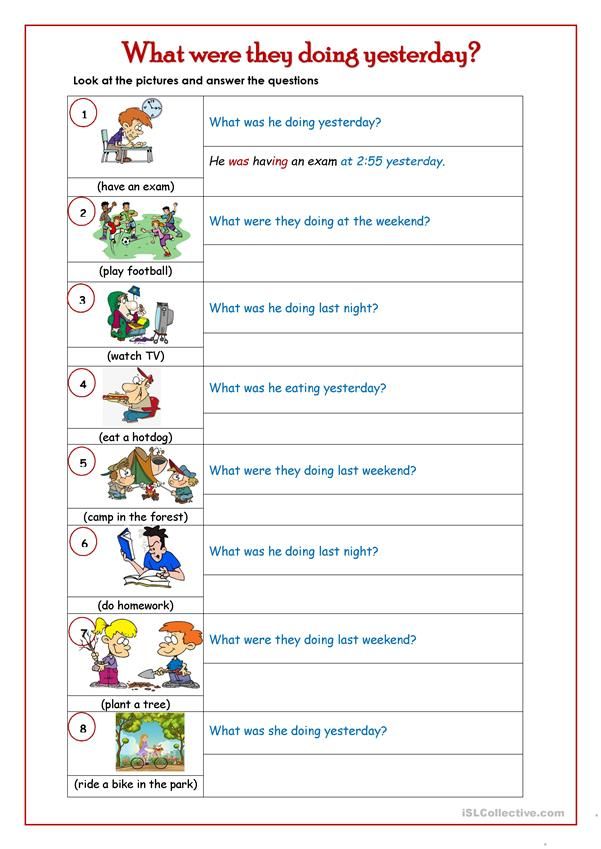
- Mrs. Juarez and Mr. Smith are dancing gracefully.
- Samantha, Elizabeth, and Joan are on the committee.
- The ham, green beans, mashed potatoes, and corn are gluten-free.
- The paper and pencil sat idle on the desk.
One Subject and Compound Verb
You'll also see some simple sentences with more than one verb and a single subject. In this case, they are compound verbs. The subject is doing all the actions, and the actions go together. The easiest way to see this is with some examples:
- Misha walked and looked around.
- My mother hemmed and hawed over where to go for dinner.
- He was eating and talking.
- I rinsed and dried the dishes.
- Joe stood up and spoke to the crowd.
Examples of Longer Simple Sentences
Although a simple sentence can be a single word, it can also be much longer. Adding modifiers or multiple direct objects can extend the length of the sentence. These examples are all simple sentences, despite their length:
- The mangy, scrawny stray dog hurriedly gobbled down the grain-free, organic dog food.
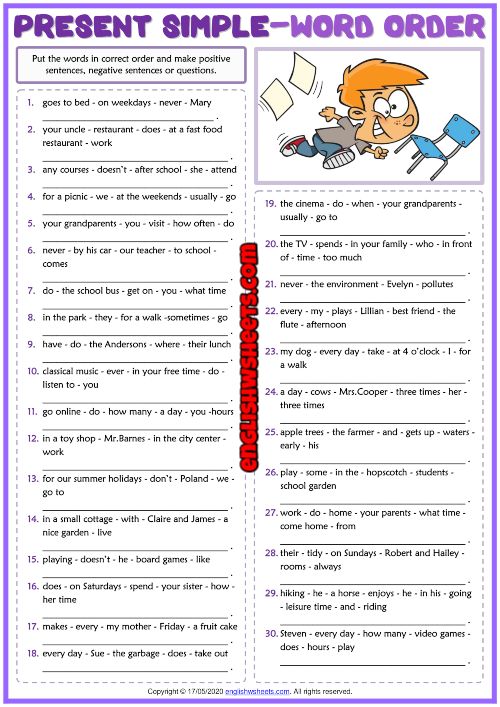
- I quickly put on my red winter jacket, black snow pants, waterproof boots, homemade mittens, and handknit scarf.
- The incessant ticking and chiming echoed off the weathered walls of the clock repair shop.
- Nervously, I unfolded the wrinkled and stained letter from my long-dead ancestor.
- Into the suitcase, I carelessly threw a pair of ripped jeans, my favorite sweater from high school, an old pair of tube socks with stripes, and $20,000 in cash.
Advertisement
Simple Sentence Examples From Literature
Writers have been using simple sentences as long as people have been writing. Consider these examples from literature:
- "The Spirits of All Three shall strive within me." A Christmas Carol by Charles Dickens
- "I was the more deceived." Ophelia in Hamlet by William Shakespeare
- "Neither boy spoke." The Adventures of Tom Sawyer by Mark Twain
- "Call me Ishmael." Moby Dick by Herman Melville
Understand Sentence Structure
Now that you know about simple sentences and have seen some examples, take a moment to learn about other sentence types like compound sentences and complex sentences.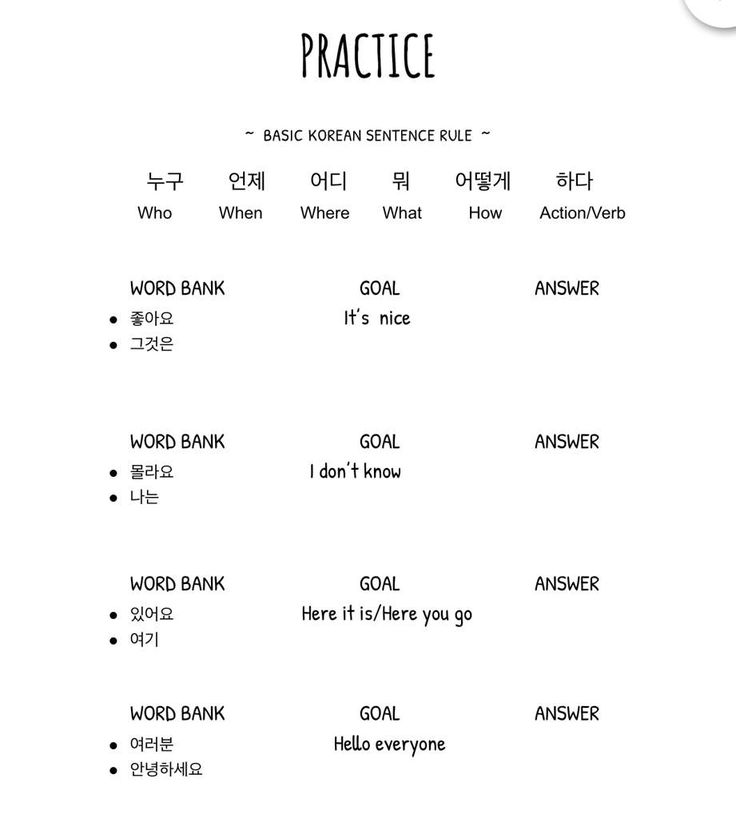 The more you know about how sentences are put together, the better your writing will become.
The more you know about how sentences are put together, the better your writing will become.
Staff Writer
- 4th grade
- 5th grade
- 6th grade
- 7th grade
- 8th grade
- elementary school
- middle school
- high school
- worksheets
Related Articles
Compound Sentence Examples to Better Understand Their Use
A compound sentence has at least two independent clauses that have related ideas. The independent clauses can be joined by a coordinating conjunction (for, and, nor, but, or, yet, so) or by a semicolon, as you can see in the compound sentence examples below.
Sentence Variety Examples: Different Types & Structures
If you are looking to spice up your writing or public speaking and hold other people's attention, use the following sentence variety examples as a model.
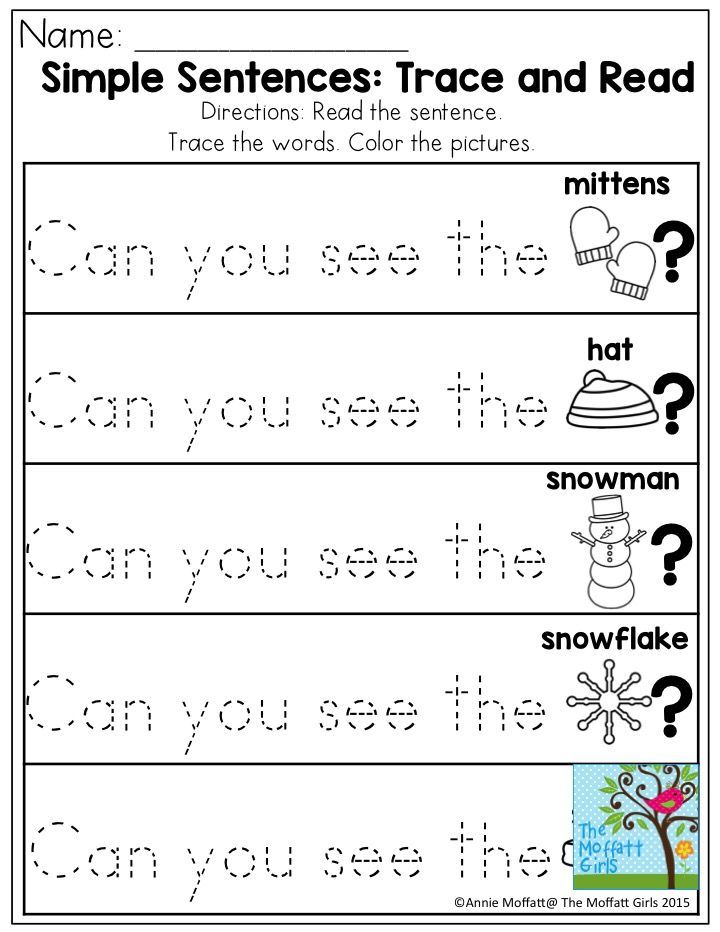 Adding variety to your speech or writing keeps people interested and can keep the emphasis where you want it.
Adding variety to your speech or writing keeps people interested and can keep the emphasis where you want it.
Parsing a simple sentence (Exercises and test)
Exercise 1.
Rewrite with punctuation marks. Perform syntactic analysis of the selected sentences.
1) Krylov's Fables is a treasure trove of Russian practical meaning, Russian wit and humor of the Russian colloquial language. 2) You can’t buy mind with money (proverb). 3) Language is the liveliest, most abundant and strong bond that connects obsolete living and future generations into one great historical living whole (A. K. Ushinsky). 4) Life seems to me an amazing thing. How many shades every day! (Gaidar). 5) What did they talk about? - About politics, art, travel. 6) There is nothing more important in the world than a heart given to children (Sukhomlinsky).
Exercise 2.
Rewrite with punctuation marks.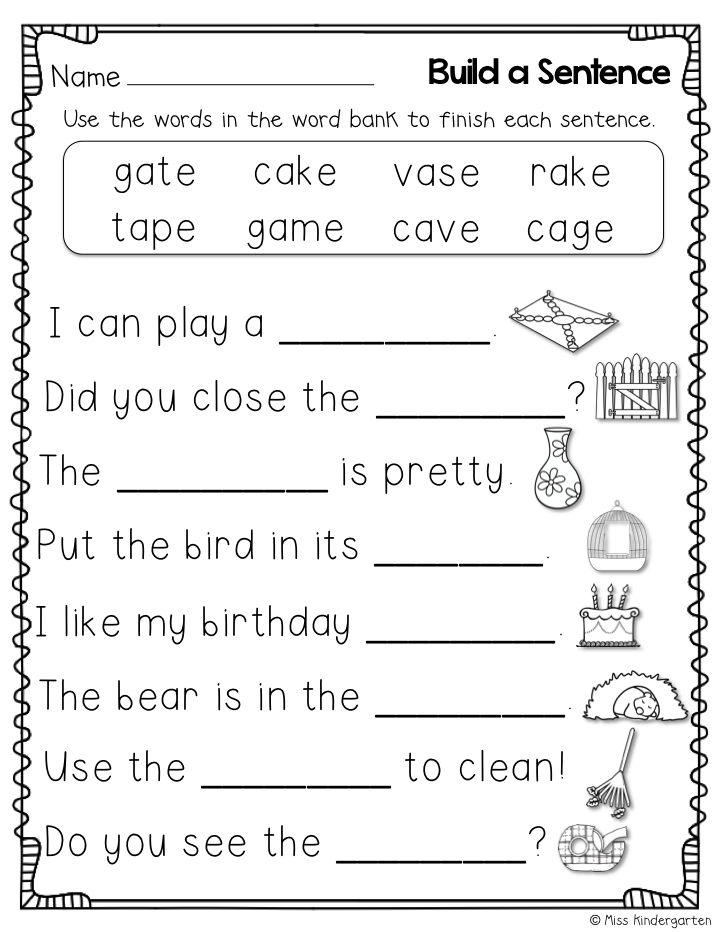 Make a syntactic analysis of the selected sentences.
Make a syntactic analysis of the selected sentences.
Alexander Vasilyevich Suvorov came from a poor noble family. He was born and raised in the Konchansky estate, the former Novgorod province. According to the recollections of relatives, the boy was not distinguished by either health or good build. It would seem that there could be dreams of military service here! But to the annoyance of the parents, the child early became addicted to the military sciences. Of course, this was partly facilitated by the fascinating stories about Peter I, the father of his guests and just random visitors.
The boy greedily pounced on the biographies of the great commanders of the past Alexander the Great Hannibal Julius Caesar and in his dreams he repeatedly saw himself on the battlefield. Military items and everything related to military affairs, battle plans, maps, globes, appear in his nursery. For the purpose of training, he trains himself to get up at dawn, bathes for hours until frost, who of those who knew him would believe it, stays in the cold in light clothes.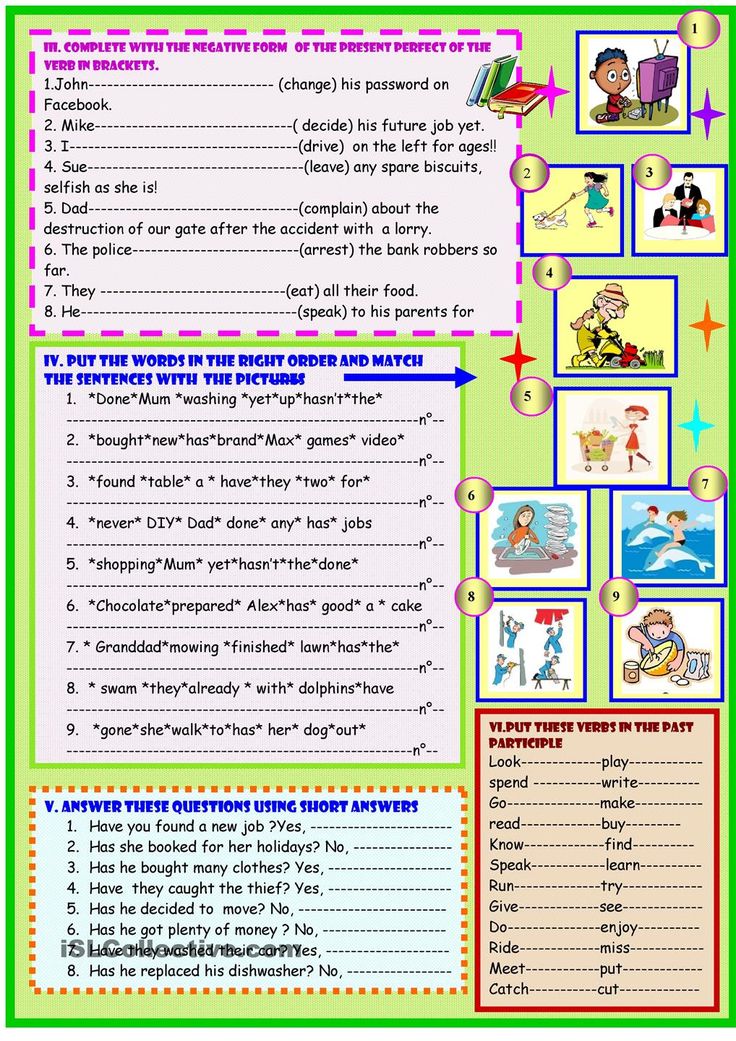
Neither persuasion nor persuasion nor threats from his parents could divert Alexander from his intended goal.4 Persistently and straightforwardly, he continued to prepare himself for a harsh camp life, but at first he did not receive support from anyone to fulfill his dream. On the contrary, everyone seemed ready to talk him out of his senseless dreams, as some of his family called his plans.
But the boy was unshakable and seemed to achieve his goal with exceptional tenacity. The parents finally gave in. Alexander was assigned to the privates of the Semenovsky regiment. From this moment begins a new life full of work and greatness of the brilliant Russian commander.
Exercise 3.
Read the text carefully, divide it into paragraphs, determine the style of speech. Then copy the text, inserting missing letters, punctuation marks, opening brackets and denoting the grammatical foundations of sentences. Explain the placement of each punctuation mark.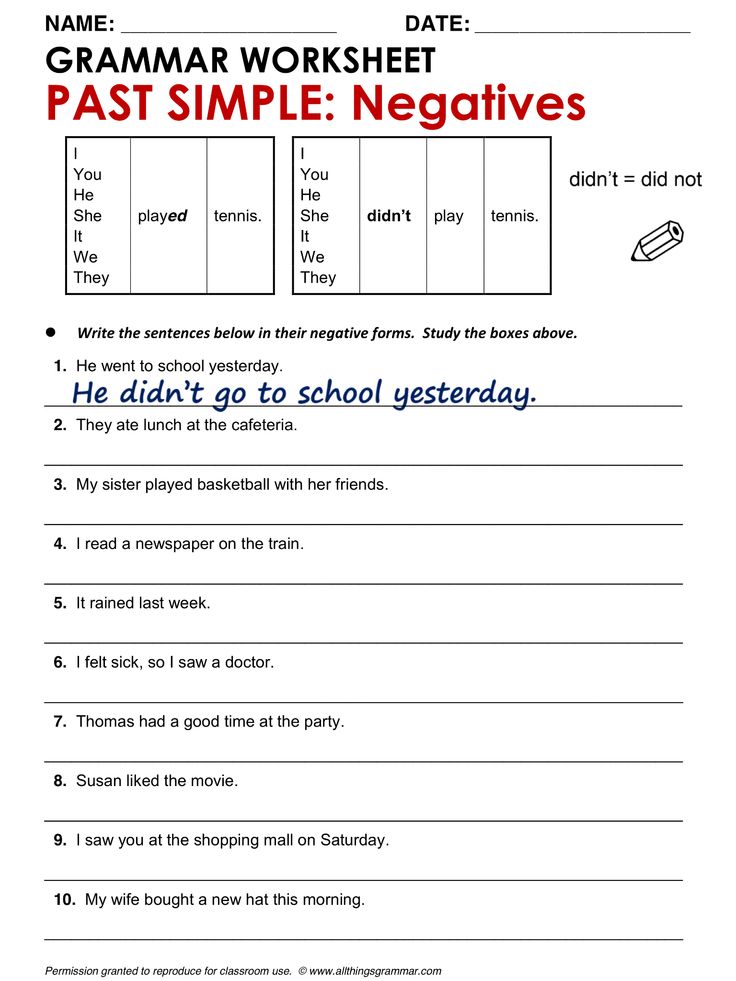 Make a syntactic analysis of the selected sentences.
Make a syntactic analysis of the selected sentences.
It was a quiet summer morning. The sun was already quite high in the clear sky, but the fields were still shining with dew. From the (not) long-awakened tree, there was a fragrant freshness, and early birds sang merrily in the forest. On the top of a flat hill (from) from the top (to) the bottom, covered with freshly blossomed rye, a (not) bolyy village appeared. A young woman was walking towards this village in a white muslin dress with a round straw (n, n) hat and with an umbrella in her hand. The Cossack (from) followed the shaft behind her. She walked (not) hurriedly and, as it were, not following the walk. Over the high unsteady rye, rippling now with silvery-green, then reddish ripples with a soft rustle, long (n, nn) waves in the sky chimed zhav_ronki. A young woman was walking from her own (n, nn) village of hers, which was (not) more than a stone away from the hamlet where she directed the path.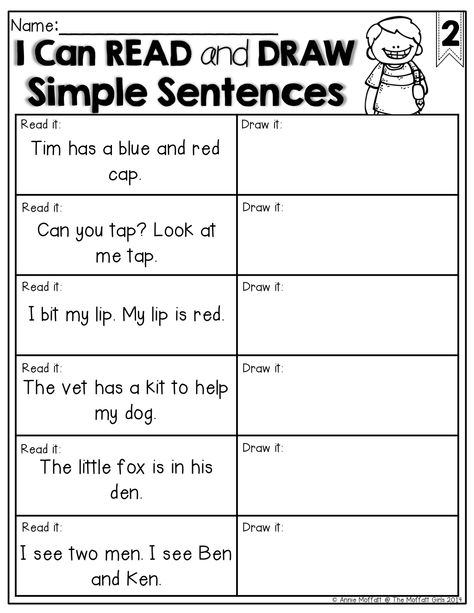 Her name was Alexandra Pavlovna Lyapina. She was widowed, poor and rather wealthy and lived (in) a place with her brother. He (un)married and disposed of her name_m. (According to I. Turgenev)
Her name was Alexandra Pavlovna Lyapina. She was widowed, poor and rather wealthy and lived (in) a place with her brother. He (un)married and disposed of her name_m. (According to I. Turgenev)
Exercise 4.
Write down, punctuating and explaining the punctuation of sentences. Perform syntactic analysis of the fourth sentence.
1) Everyone, and especially the officials, remained stunned for some time. (I. Gogol) 2) At that time, namely a year ago, I was still collaborating on magazines. (F. Dostoevsky) 3) For Konstantin Levin, the village was a place of life, that is, the joys of the suffering of labor. (L. Tolstoy) 4) Anna spent the whole day at home, that is, with the Oblonskys and did not receive anyone. (L. Tolstoy) 5) The new manager paid the main attention to the formal side of the matter, in particular to clerical subtleties. (D. Mamin-Sibiryak)
Exercise 5.
Write by inserting the missing letters and opening the brackets.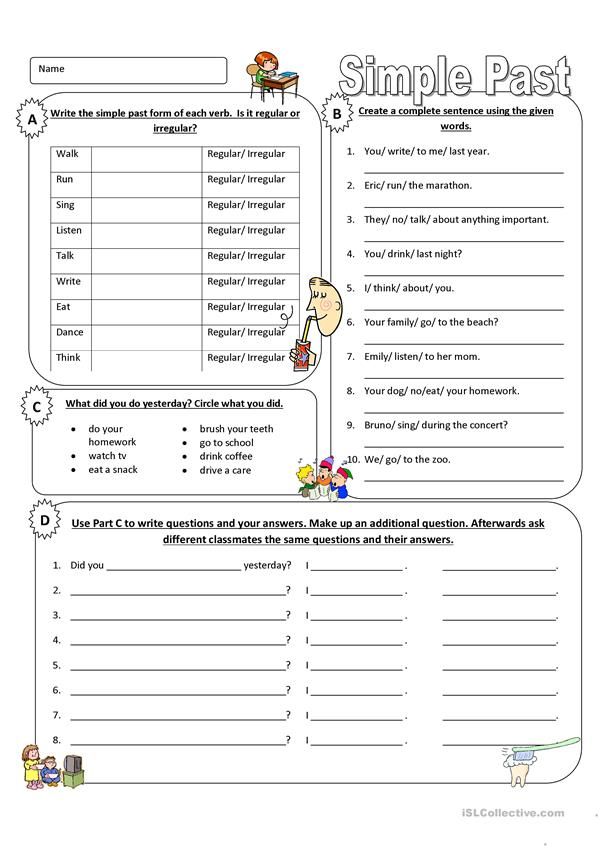 Label all syntactic constructions that complicate a simple sentence. Explain the punctuation marks in these sentences. Parse the last sentence of the first paragraph of the text.
Label all syntactic constructions that complicate a simple sentence. Explain the punctuation marks in these sentences. Parse the last sentence of the first paragraph of the text.
Ra (s, ss) to you, friends, about my (not) forgetting_ my meeting with an amazingly beautiful creature. It happened on the (D, d)_line (B, c) east during a scientific expedition. We walked for a long time along the winding bank of the heavy river, overgrown with willows. Huge mounds, kame (n, nn) boulders, like ba (r, rr) ikads, blocked the flow of the river, forcing it to pervert in a narrow channel. But still (still) we saw her - a real miracle of nature!
Different_colors, iridescent combination of colors literally averaged (on) (over) the shaft. Everything, including the (un)usual (n, nn) oh kr_cells hoh_lok, caused in (s, ss) bargaining! This tufted coat is made up of long (n, nn) shiny feathers, (copper_) red, (blue) green, (blue) violet. On both sides of the neck, they are tied for_strings (n, nn) (gold_tisto) red feathers sticking out in the form of a fan.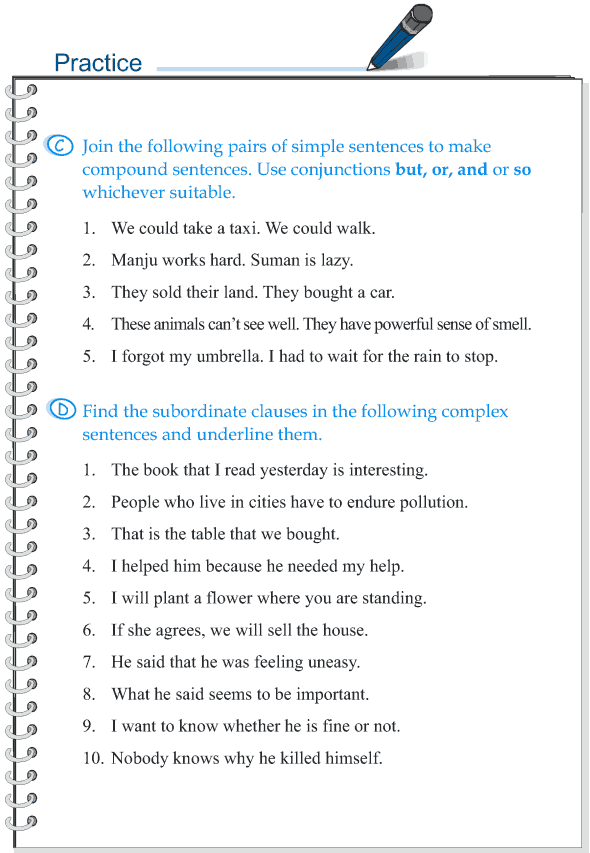 M_hovye wing_ya ra (s, ss) s_ryayut_sya in the form of two triangular sails, red_x (s) on top, (iss_not) foil (s) on the bottom ...
M_hovye wing_ya ra (s, ss) s_ryayut_sya in the form of two triangular sails, red_x (s) on top, (iss_not) foil (s) on the bottom ...
Yes, we have a m_nd_rinka, or a Japanese woman. This is the most beautiful variety of ducks. In her pa (s, ss) p_snom row, she looked like a Chinese m_nd_rin. This is probably why it was called that. In (some) countries, mainly in China, Korea, and Japan, the m_nd_rinka was bred as a domestic fowl. Our taiga name - hollow - m_nd_rink_ received for the ability to nest in hollows. (Not) finding a suitable hollow, a m_nd_rinka can lay eggs on the ground, hiding for this under a thick bush (not) (in) far from the water. (B) in contrast to the ducks, the mandarin can often be seen sitting on the branches of trees or on riverside rocks. For the brightness of the description, this duck is also called a fire.
(According to V. Antonov)
Exercise 6.
Write the texts, inserting missing letters, punctuation marks, opening brackets.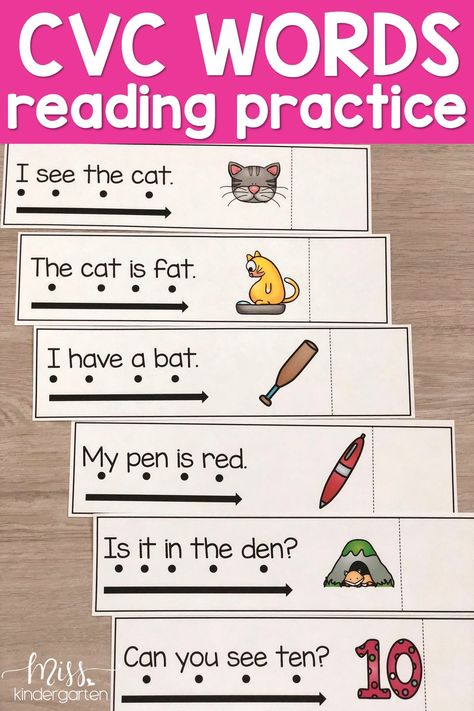
Graphically highlight the syntactic constructions that complicate a simple sentence: homogeneous members, introductory constructions, inversions, isolated and clarifying members of the sentence. Determine the role of these constructions in these texts.
1) Everything and the sublunar hills and dark (red) clover fields and wet forest trails and the sunset lush sky the whole world around me seemed beautiful to me and (not) there was (not) any kind of yang in it. Now, when (c) I gave inspiration (n, nn) about ra (s, ss) from him and enthusiastically (n, nn) painted, he told me even more beautifully even more fabulously. He seemed to me bright red to the point of sweet fading in my chest. Ra (s, ss) bright fogs seemed to me necessarily pink, the fish swimming among the waters seemed to be necessarily golden with red feathers, dew on grasses - then large pearls, then bri (l, ll) ants.
2) But most of all in my ra (s, ss) Kazakhs the river participated.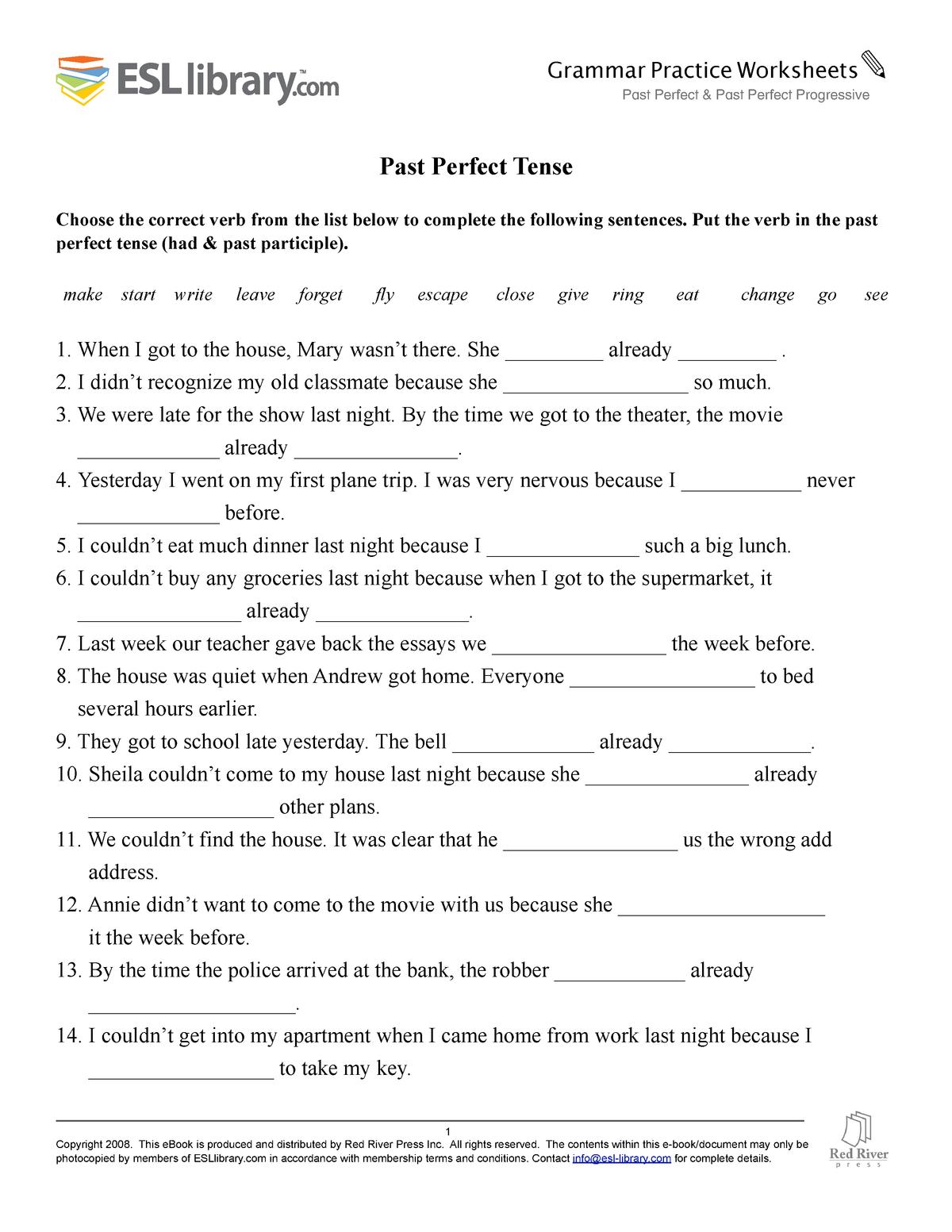 Maybe (because of) the fact that it was hot summer days, maybe just (because of) the fact that I love rivers most of all. The quiet mirror of the pool, which you smash (in) to smithereens by jumping upside down from the grassy gentle bank, crystal moisture that flows (in) along the body washing and cooling every cell of the skin fish splash in the evening dawn fogs spreading from the river to pr coastal meadows, spin ( n, n) smells in the fields of kr_beer, meadowsweet and mint, when you settle in a secluded corner ...
Maybe (because of) the fact that it was hot summer days, maybe just (because of) the fact that I love rivers most of all. The quiet mirror of the pool, which you smash (in) to smithereens by jumping upside down from the grassy gentle bank, crystal moisture that flows (in) along the body washing and cooling every cell of the skin fish splash in the evening dawn fogs spreading from the river to pr coastal meadows, spin ( n, n) smells in the fields of kr_beer, meadowsweet and mint, when you settle in a secluded corner ...
(V. Soloukhin)
1. Which sentence corresponds to the following characteristics: declarative, non-exclamatory, simple, two-part (the subject is expressed by the noun in the nominative case, the predicate is a compound nominal), widespread, complete, complicated by a separate definition?
1) Thunderclouds approaching from the northeast covered the entire sky in about half an hour.
2) Relatively small planets revolving around a star are considered the most probable object for the origin of life.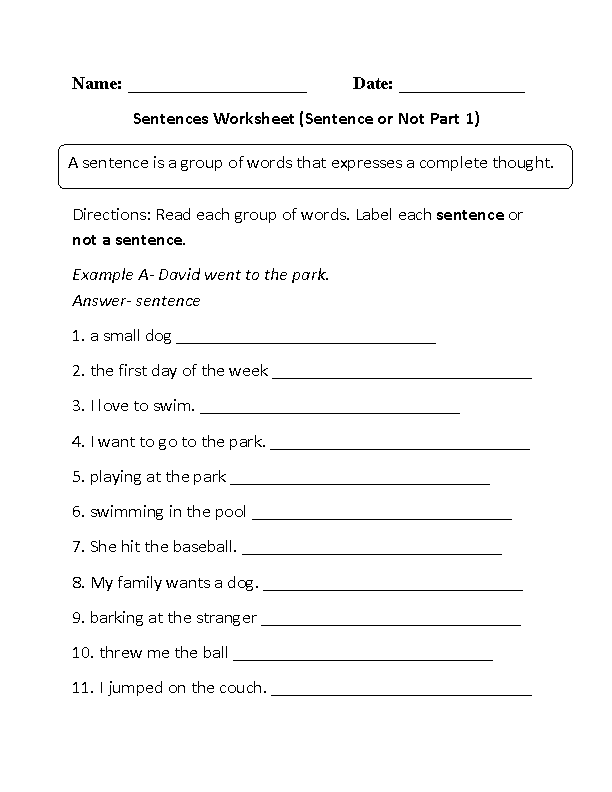
3) For a few moments there lasted a true, not ostentatious stupor of the bewildered hosts and an unfeigned, sincere bewilderment of the unfortunate guests burning with shame.
4) The fact that all the friends from our group who came to the restaurant for lunch had no money was surprising even for the experienced waiters.
2. Which sentence should be considered complicated?
1) The largest lowland river starts from inconspicuous springs.
2) And then the entire team of the former second division immediately joined in an unprecedented battle with the enemy.
3) For some reason, they were afraid to be in rooms with windows facing the street at night.
4) This happened, it seems, in the middle of February forty-three.
3. Which sentence is not complicated?
1) Loaded with huge bundles of violets, the wagon rolled quietly along the river.
2) There was a glass of tea on the table and smoked slightly.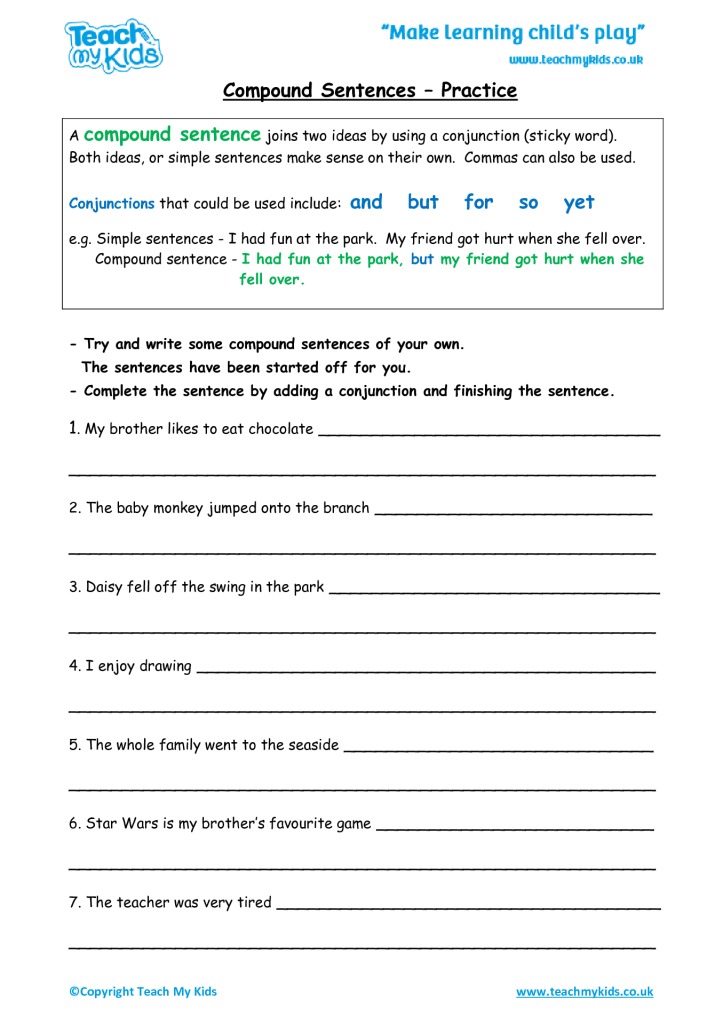
3) And he, rebellious, asks for a storm...
4) Spring came this year early, friendly and unexpected.
4. Why is the proposal complicated?
The panorama that stopped and delighted me was remembered for a long time.
1) homogeneous members
2) separate circulation
3) introductory construction
4) circulation
5. What is the complexity of the proposal?
O Rus, Rus, where are you rushing to?
1) homogeneous members
2) a separate turnover
3) an introductory word
4) an appeal
6. What is the complexity of the proposal?
Contrary to my companion's prediction, the weather cleared up.
1) homogeneous members
2) separate turnover
3) introductory construction
4) appeal
7. What is the complexity of the proposal?
This predatory noise did not stop that night, but followed Franz in a dream, surrounded him afterwards both on the street and at home, both in a dream and in reality.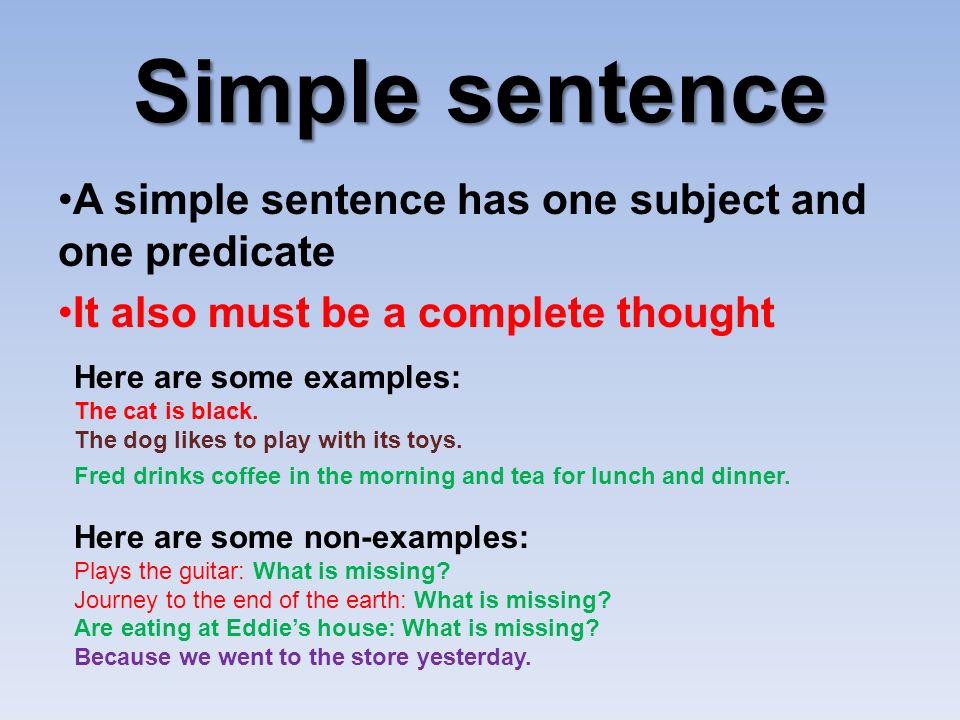
1) homogeneous members
2) separate turnover
3) introductory construction
4) circulation
8. What is the complexity of the proposal?
The letter was probably destroyed.
1) homogeneous members
2) a separate turnover
3) an introductory word
4) an appeal
9. In which case is a sentence with a separate definition given?
1) Then an unfortunate ugly object on display in a souvenir shop caught his attention.
2) Rodrigue Ivanovich, not noticing anything, applauded furiously.
3) On the right, hastily outlined houses turned their black backs to the wasteland.
4) Carried along the forest road, squeezed, twisted, he could not even turn around.
10. In what case is a proposal with a non-isolated circumstance given?
1) Despite the acquaintance, the person remained the same impregnable.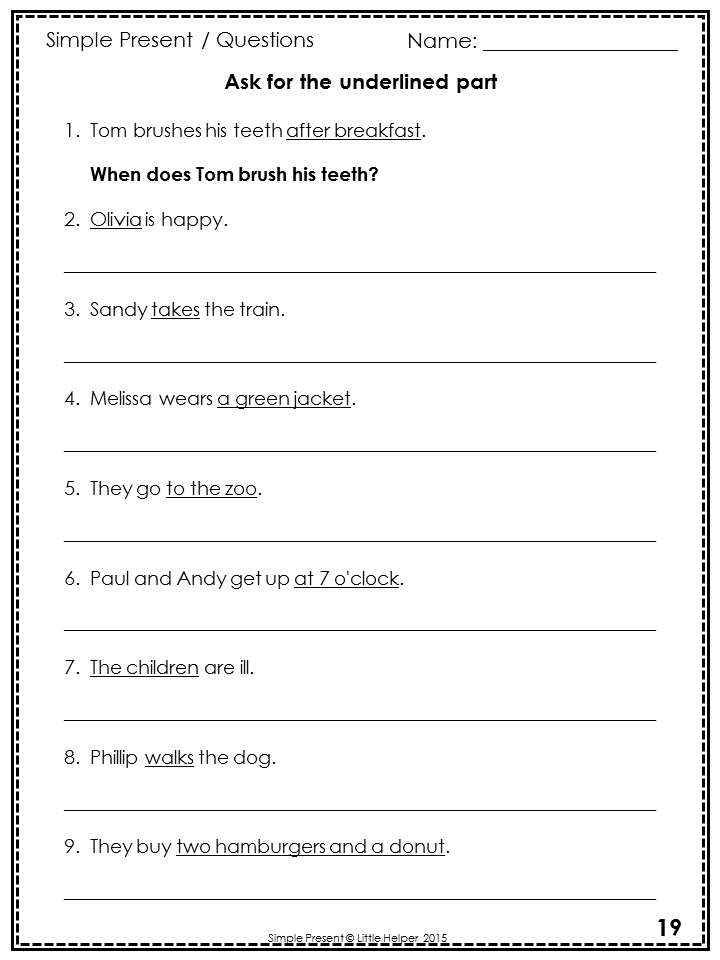
2) Romantovsky stumbled out.
3) Kolya stood without moving.
4) Yesterday I invited several people to visit me, strangers to each other, but connected with each other by the same sacred deed.
11. In what case is the correct description of the proposal given?
Having opened several letters at random (one of them contained a dried flower tied with a faded ribbon), he just shrugged his shoulders and threw them aside.
1) the sentence is complicated by a separate circumstance of time and homogeneous predicates
2) the sentence is complicated by a separate circumstance of the mode of action and an insertion construction
3) the sentence is complicated by a separate circumstance of time, an insertion construction and homogeneous predicates
4) the sentence is complicated by a separate circumstance of the course of action, an insertion construction and homogeneous predicates
2.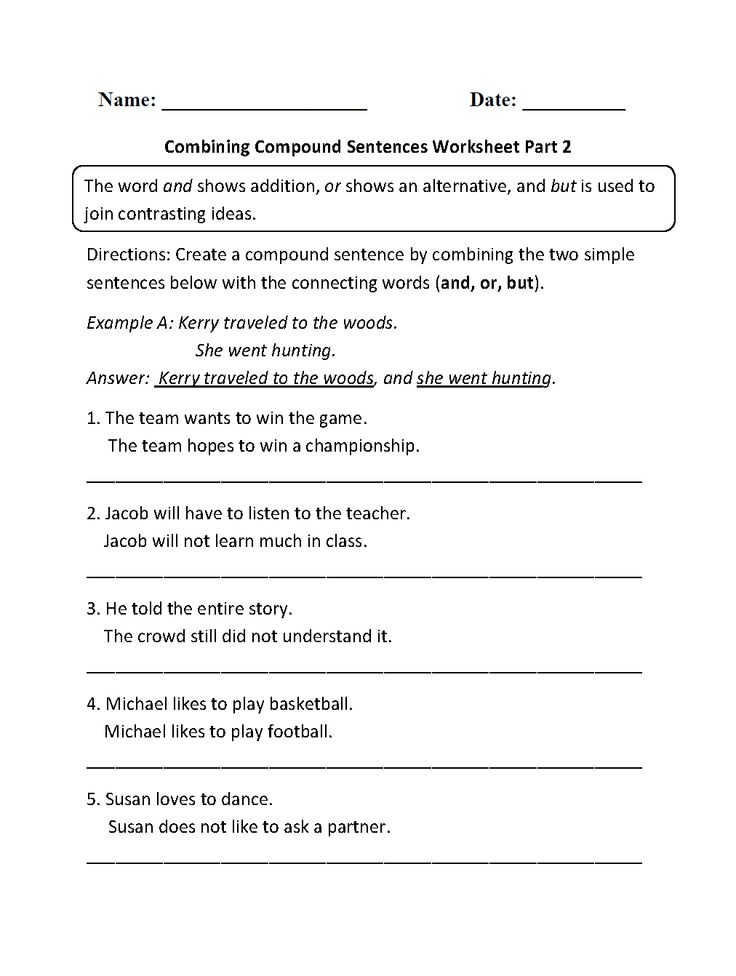 007 case the correct description of the proposal is given?
007 case the correct description of the proposal is given?
Something extremely false was felt literally in every line of these articles, despite their formidable and confident tone.
1) the sentence is complicated by separate definitions
2) the sentence is complicated by separate definitions and a separate addition
3) the sentence is complicated by a separate circumstance
4) the sentence is not complicated by anything.
13. Which sentence does not separate the underlined words?
1) Only I, the mysterious singer, was thrown ashore by a thunderstorm.
2) The name of his grandfather was especially dear to him, the grandson of the famous polar explorer.
3) Despite the difficult weather conditions, the rescuers were on site by the evening.
4) Father didn't come even in the evening, so we spent the night without closing our eyes.
14. In which answer option are all the commas correctly indicated and explained?
He walked (1) constantly looking around (2) and thought to meet someone he knew (3) but he reached the house all alone.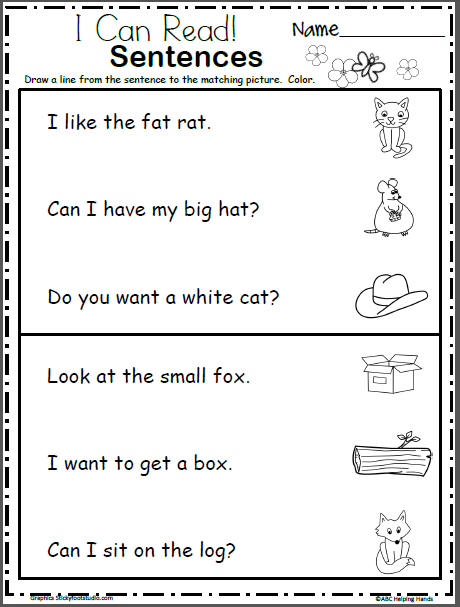
1) 1, 2 - participial turnover is distinguished
2) 1, 2 - participial turnover is distinguished, 3 - homogeneous members of the sentence are separated
3) 1, 2 - participial turnover is highlighted
4) 1, 2 - participle turnover is highlighted, 3 - homogeneous members of the sentence are separated
15. In which answer option are all the commas correctly indicated and explained?
A kite (1) soared high into the sky (2) began to make some strange turns (3) constantly changing direction.
1) 1, 2 - participial turnover is highlighted
2) 3 - participial turnover is highlighted
3) 1, 2 - participle turnover is highlighted; 3 - adverbial phrase
is highlighted 4) 1, 2, 3 - adverbial phrases are highlighted
16. In which answer option are all the commas correctly indicated and explained?
He (1) ran headlong (2) to the river (3) trying to catch the steamer.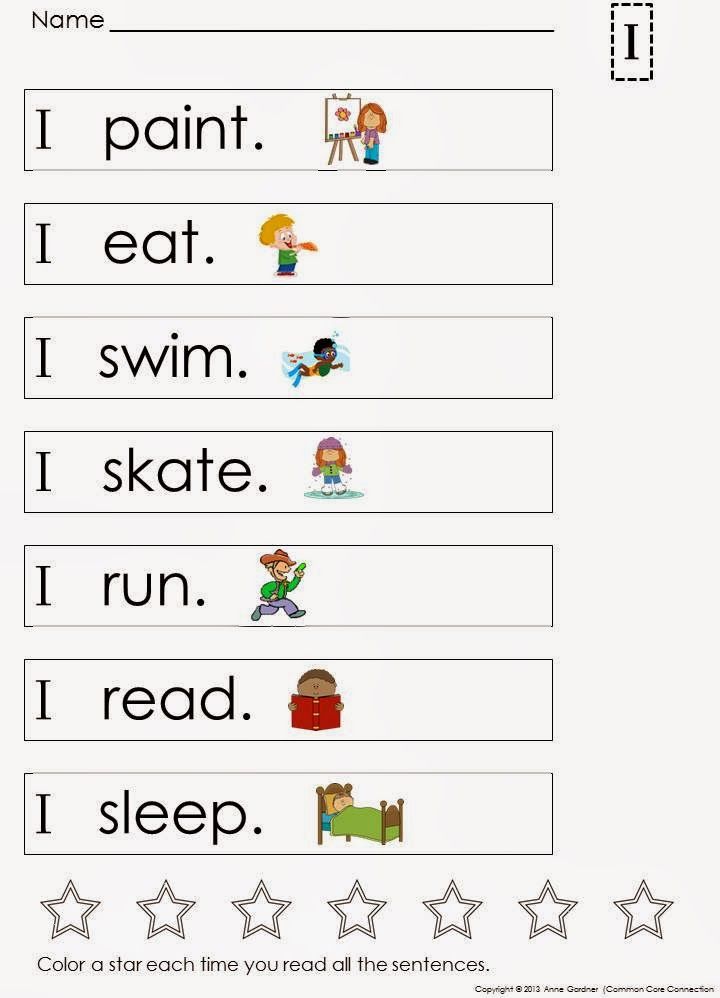
1) 1, 2, 3 - adverbial phrases are distinguished
2) 1, 2 - adverbial phrases are distinguished
3) 3 - adverbial phrases are distinguished
4) no commas in the sentence
Answers:
Syntactic parsing of a simple sentence | Educational and methodological material in the Russian language (grade 3) on the topic:
Exercises,
test cards,
tests
| and answers the question of the nominative case WHO? WHAT? Predicate - tells something about the subject and answers the questions WHAT DOES the subject do? etc. Secondary members of the sentence Definition - Which one? Which? Which? Supplement - questions of indirect cases - R. - Whom? What? D. - To whom? What? V. - Whom? What? T. - By whom? How? P. - About whom? About what? Circumstance - Where? Where? When? How? etc. |
Exercise 1
Sort the sentences by member. Write the stem of the sentence and the phrase.
EXAMPLE.
A strong wind cheerfully scattered the autumn foliage.
The wind swept away - the basis of the proposal
Wind (what?) Strong
Swept (what?) leaves
_______________________________________
_______________________________________
_______________________________________
A red squirrel quickly ran up the trunk.
_______________________________________
_______________________________________
_______________________________________
_______________________________________
The morning dew sparkled everywhere on the grass.
_______________________________________
_____________________________________________
_______________________________________
_______________________________________
The black dog growled at us dully.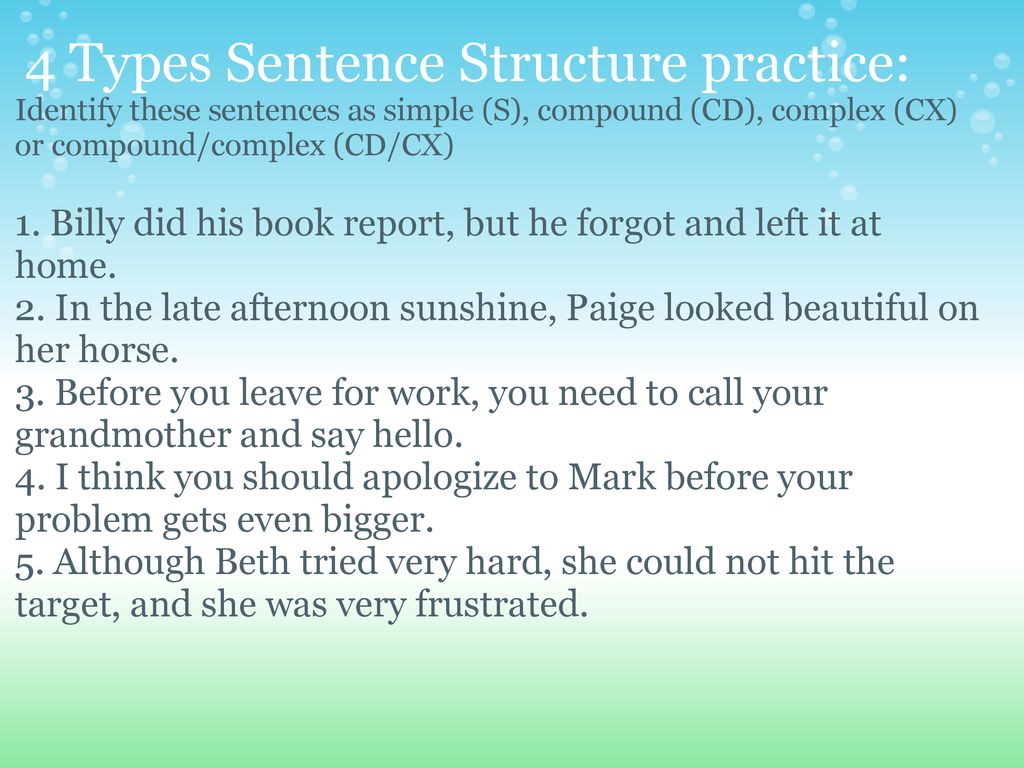 A bright light flashed up ahead.
A bright light flashed up ahead.
_______________________________________
_____________________________________________
_______________________________________
_______________________________________
The sky was covered with heavy clouds.
_______________________________________
_______________________________________
_______________________________________
Suddenly, a bright lightning flashed blindingly.
_______________________________________
_____________________________________________
_______________________________________
_______________________________________
A strong wind cheerfully scattered the autumn leaves.
_______________________________________
_______________________________________
_______________________________________
_______________________________________
A river could be seen through the haze of fog.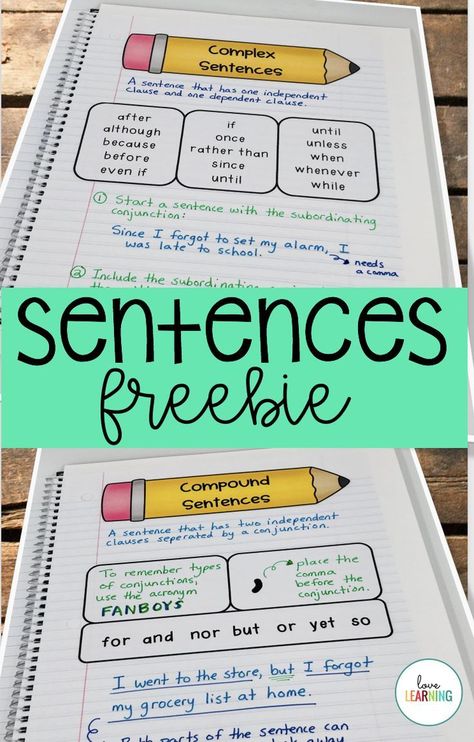
_______________________________________
_____________________________________________
_______________________________________
_______________________________________
The radiant colors of the sunset shimmer wonderfully. _______________________________________
_______________________________________
_______________________________________
_______________________________________
The raft glided noiselessly through the black water.
_______________________________________
_____________________________________________
_______________________________________
_______________________________________
Exercise 2
Write it down. Sort the proposals by members.
- Blue-eyed forget-me-nots hid in damp places.
- A gray rain haze covered the neighborhood.
- The evening mist quickly covered all the fields.
- Silver frost covered the window.
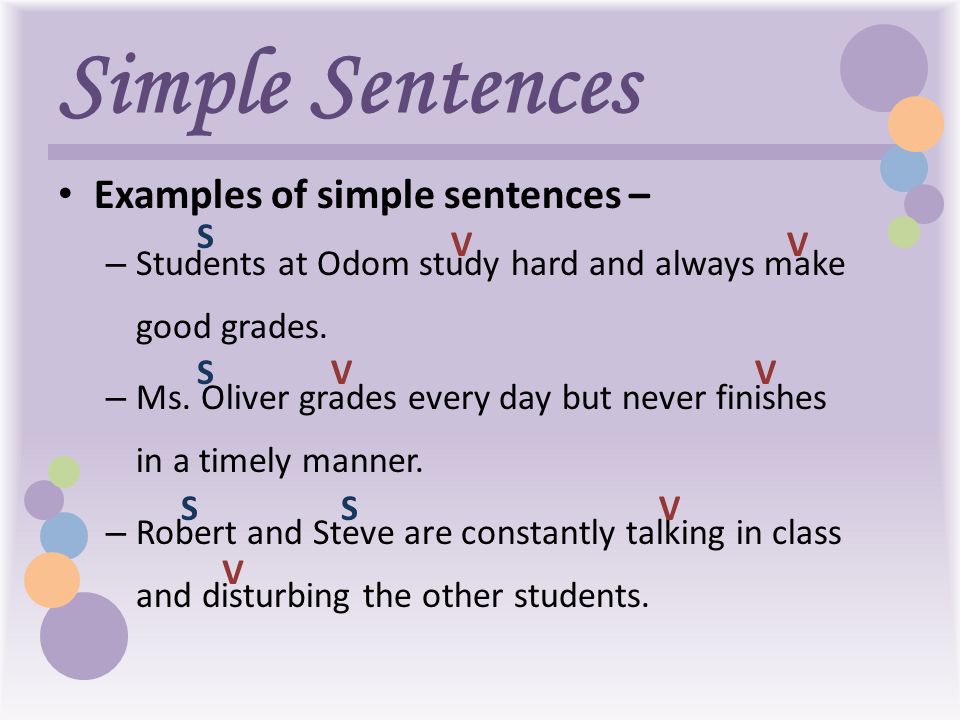
- A warm summer night has descended to the earth.
- Drops of rain often beat on the roof.
- There was a small blue egg in the nest.
- Wild ducks and noisy cranes fly to the neighboring lake.
- The evening sun casts its golden rays on the forests and fields.
- Outside the village a cat was playing merrily with her kittens.
- Spring waters and summer showers easily erode the black earth.
- Gray mists float to the clouds.
- There was a terrible heat in the air.
- A red cat was dozing on the porch.
- Red foxes crawled out of the hole.
- The wind climbed into the chimneys and wailed sadly.
Exercise 3
Write it down. Sort the proposals by members.
- In the distance, a winding river sparkles in the sun.
- In front of us was an immense forest.
- Red-breasted bullfinches pecked at rowan berries.
- An oak forest stands in the distance and shines in the sun.
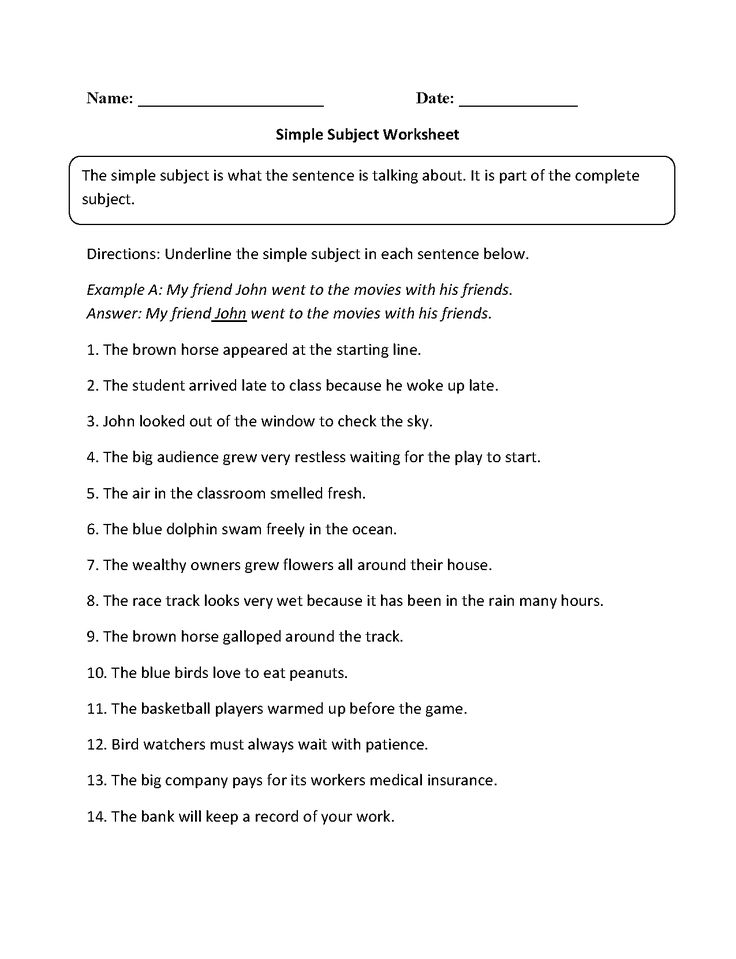
- Fluffy snow flakes fall to the ground.
- A beautiful landscape evokes a joyful feeling.
- The goose came up from behind and gave Kashtanka a painful blow with its beak.
- The dog barked loudly at the guys.
- Fluffy hoarfrost decorated the trees.
- The moth hung lazily on the stalk.
- The butterfly sat on the flower and quietly moved its wings.
- In the evening I was sitting on a cliff with a friend.
- The last migratory birds leave their native places.
- Winter blizzards sang wonderful songs to us.
- White-sided magpies sat on a branch and chirped sharply.
- The cat jumped softly and dug its claws into the mouse.
- Blue-eyed forget-me-nots hid in damp places.
Exercise 4
Write it down. Sort the proposals by members.
- The nightingale sang its songs on the bird cherry tree.
- Two large shaggy white dogs rushed at the cat.
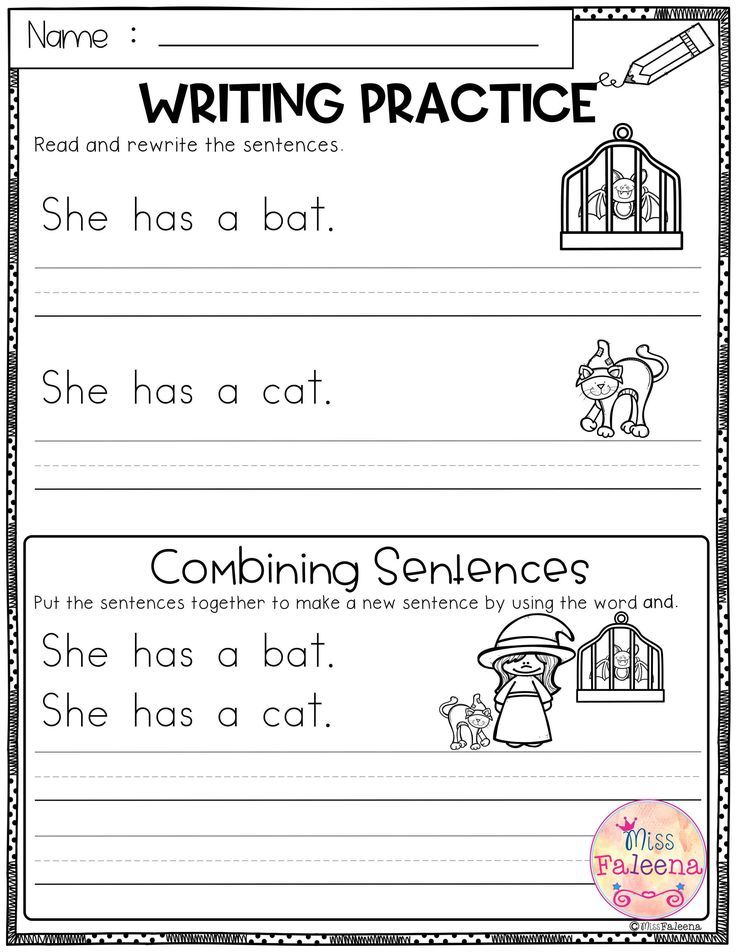
- White fallow spreads over the meadows.
- Father carefully removed the soot from the candle.
- The breeze gently touches the leaves on the ash trees.
- A girl selected ripe cherries from a large basket.
- Mysterious pictures are often found in children's magazines.
Evening comes fast in the dense forest. Dark shadows lie under the trees. Old pines rise motionless, dense spruces blacken. It smells like resin, pine needles in the forest.
The evening sun has disappeared behind the distant trees, but the birds in the forest are still awake. You hear the hurried knock of a woodpecker. Nimble titmouses spin near the woodpecker, pick up bugs and worms. Soon a dark, impenetrable night will come in the forest. Only at midnight will the birds of the day fall silent and fall asleep. Silent night covers the earth. But a mouse rustled underfoot. And again it's quiet. The fire crackles, and shaggy spruce branches sway over the fire.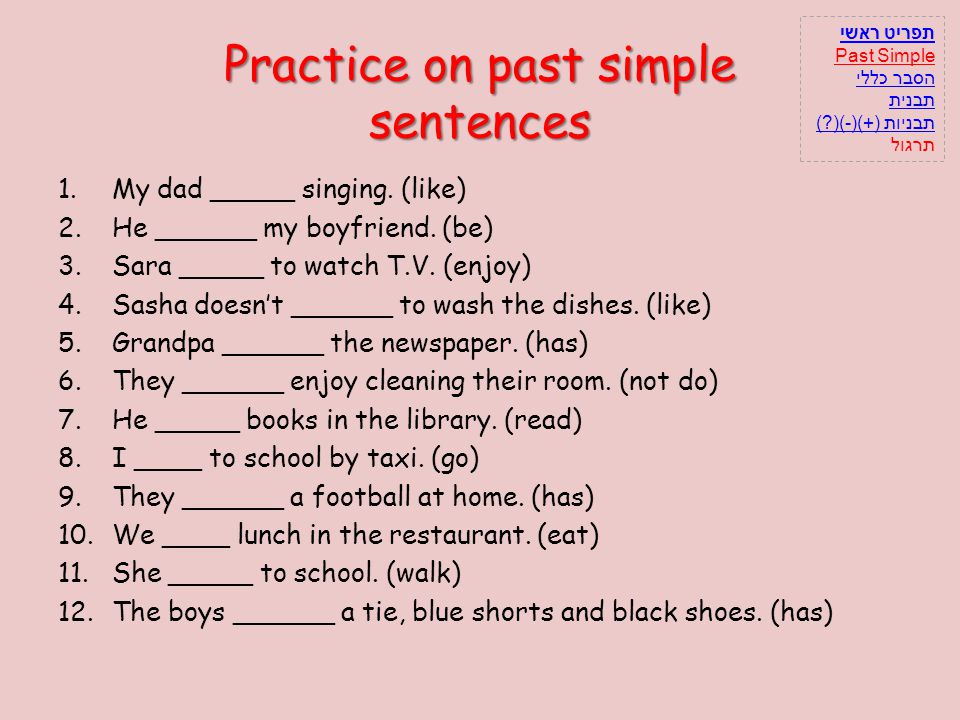 And by the fire, on a tarry bed, the hunter snores carelessly.
And by the fire, on a tarry bed, the hunter snores carelessly.
| C-1 SYNTAX CARD 1. Fluffy snow swirls quietly in the air. 2. Tits eat harmful insects. 3. Suddenly a storm came up with large hail. 4. The sun shone through the rain and gilded the drops on the grass. |
| С-2 RECOGNITION CARD ON THE TOPIC "SYNTAX" 1. The cat stole a piece of sausage from the table and climbed with it on a birch. 2. Birch branches made a slight noise from the light breeze. 3. We quickly crossed the forest ravine. 4. The door quietly opened, and the princess found herself in a bright room. |
| C-3 SYNTAX CARD
|
| C-4 C-4 CARD FOR THE TOPIC "SYNTAX"
|
| C-5 SYNTAX CARD
|
| C-6 RECOGNITION CARD ON THE TOPIC "SYNTAX"
|
| C-8 SYNTAX CARD
5. The wind roared and drove the waves with noise. |
| C-7 RECOGNITION CARD ON THE TOPIC "SYNTAX"
|
Tests
- A new student came to the class.
- Among the rare birch trees, strong mushrooms are hiding in the grass.
- In the winter cold, there is silence in the spruce forest.
- Residents are planting birches and lindens near the houses.
- A blue cloud came running and covered the sun.
2. In which sentence is there an error in parsing by members of the sentence?
- In the birch grove bird voices ring joyfully.
- Migratory birds have reached out to warm lands.
- The song of the lark is cheerful and sonorous
- The leader slowly spread his wings and rose sharply into the air.
- Guys keep lakes and rivers clean.
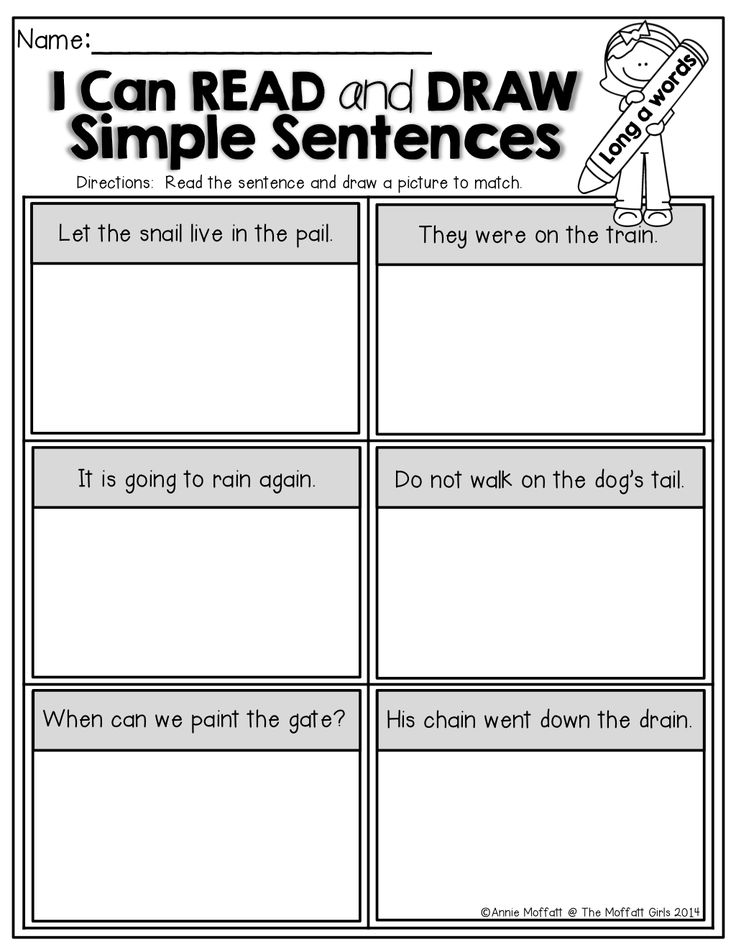
Learn more

